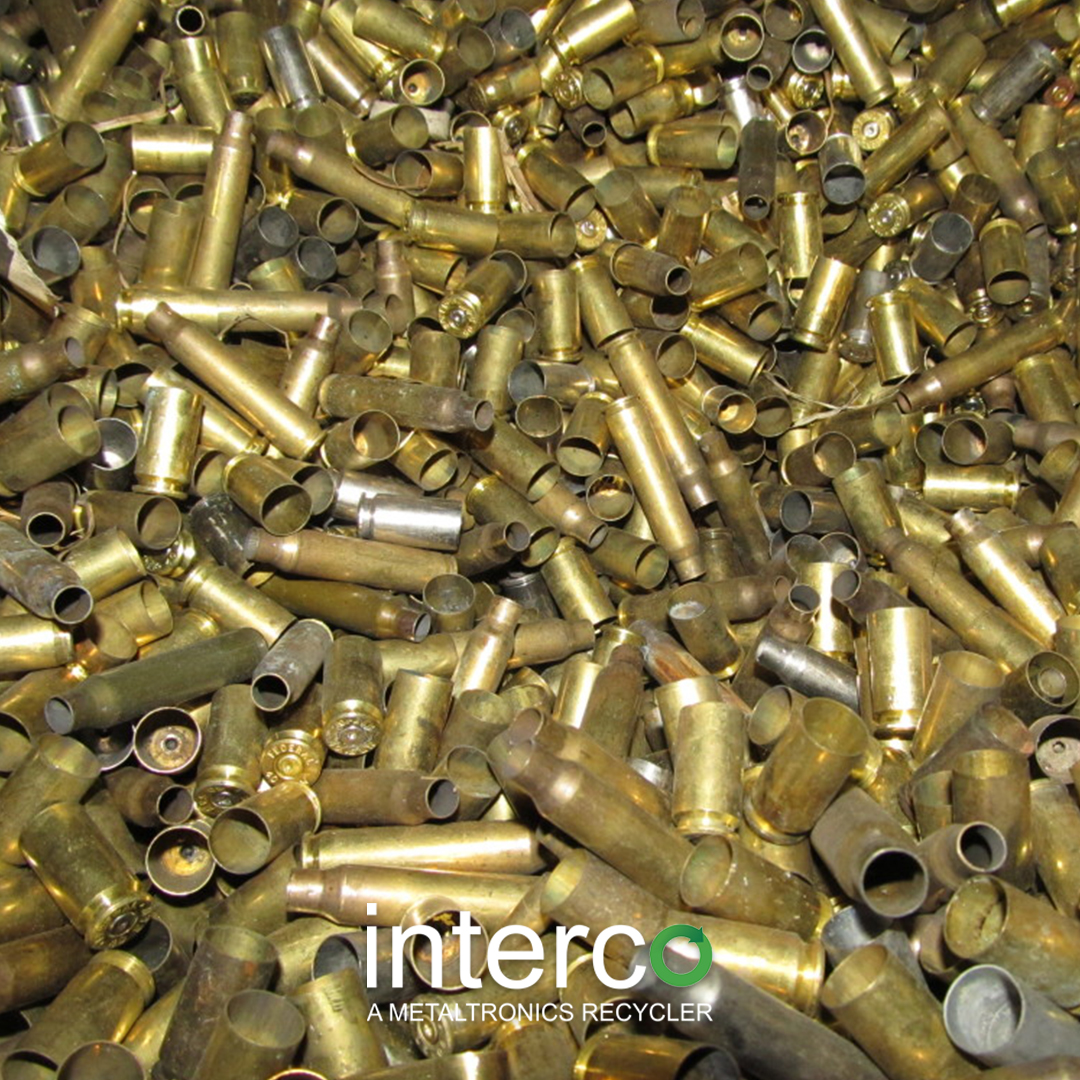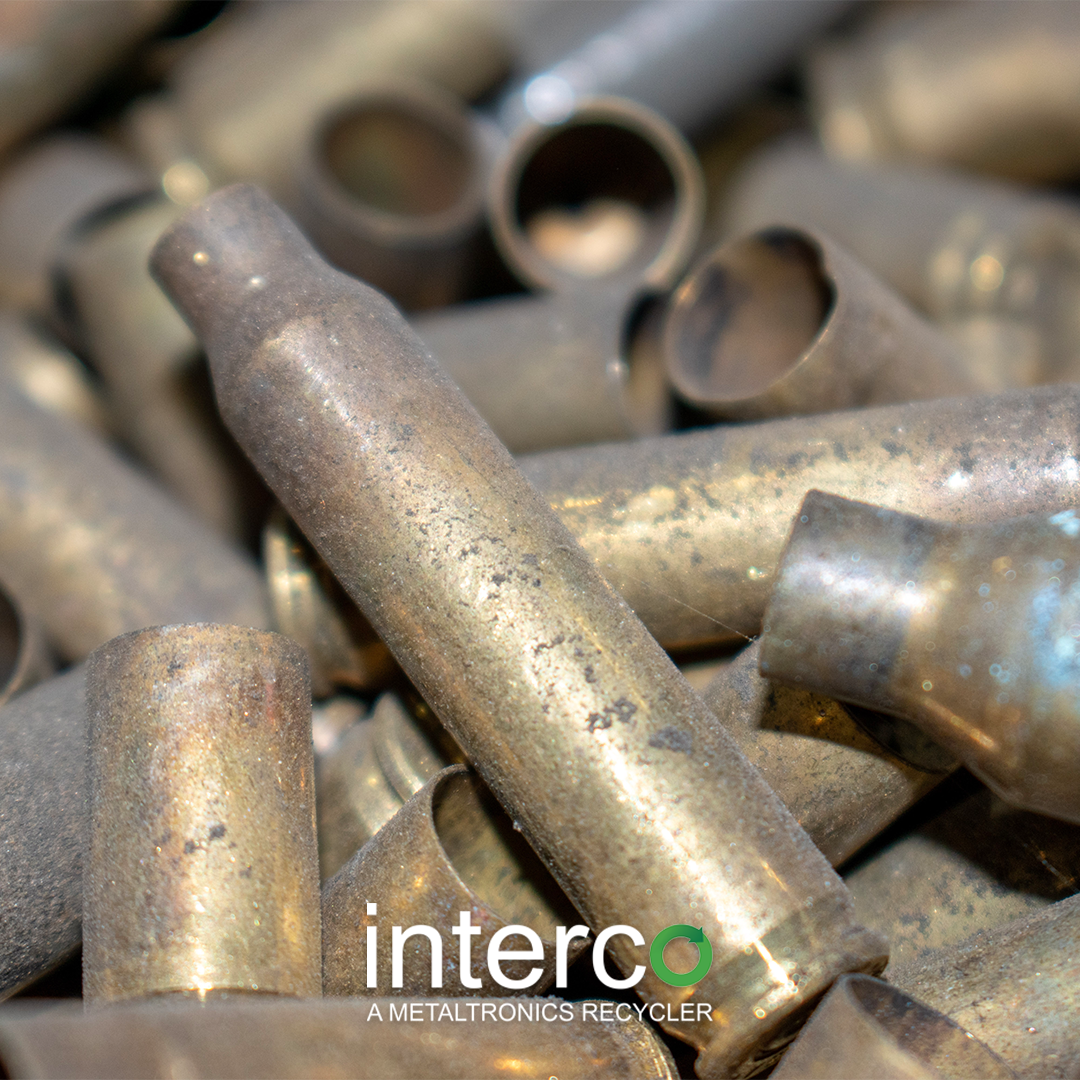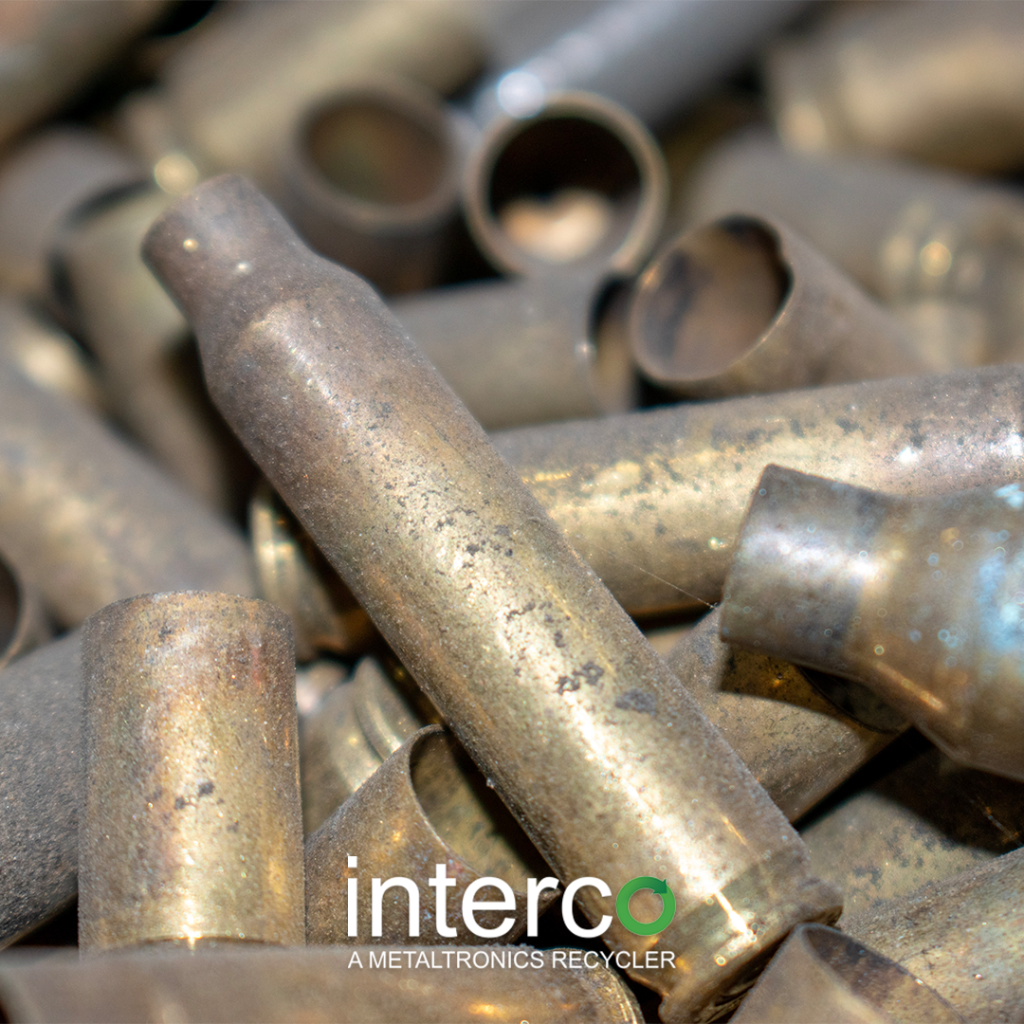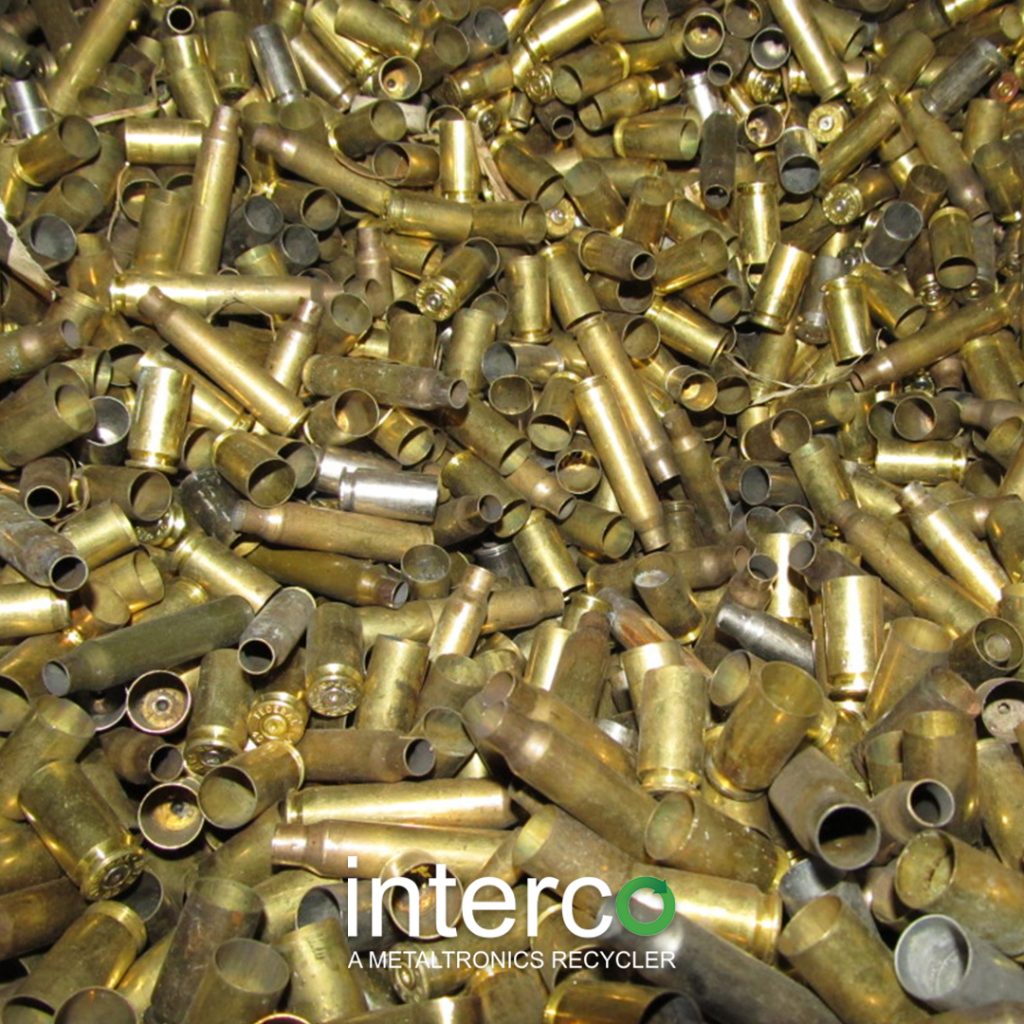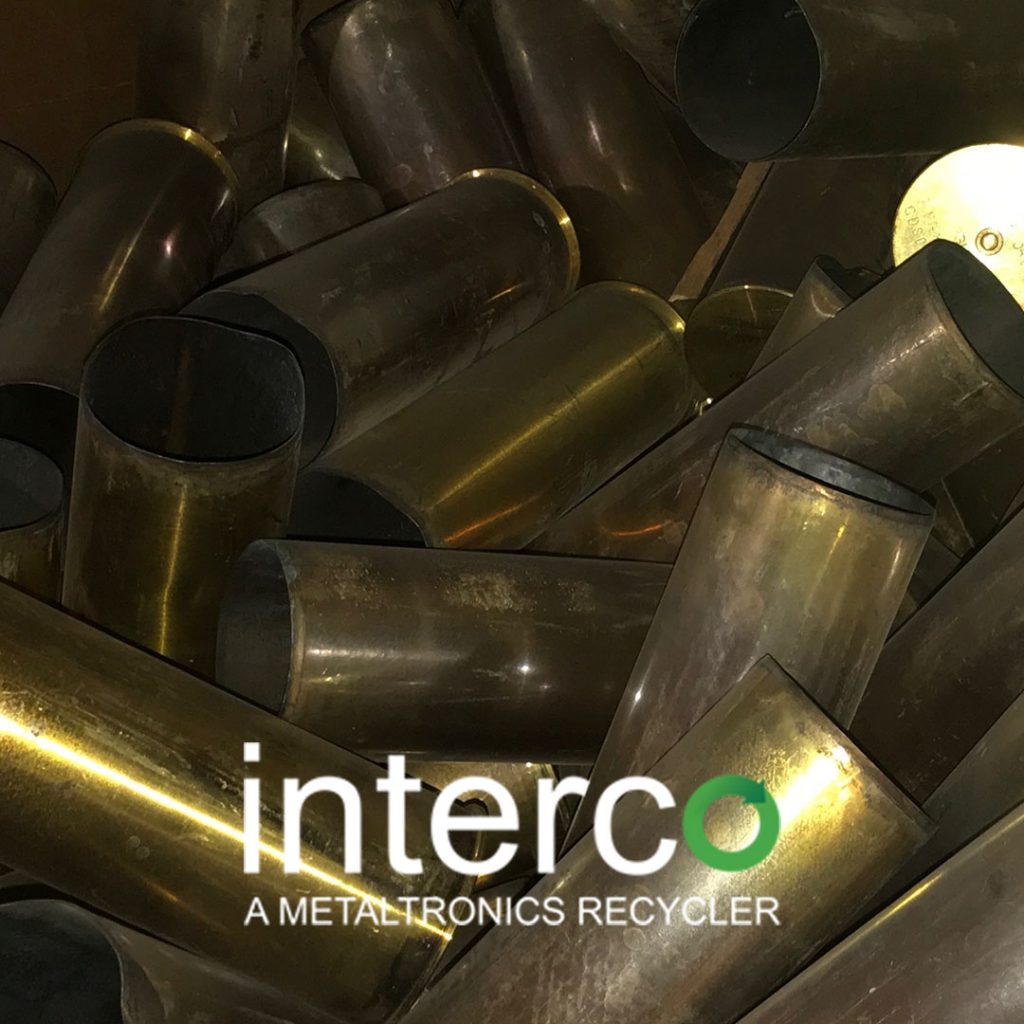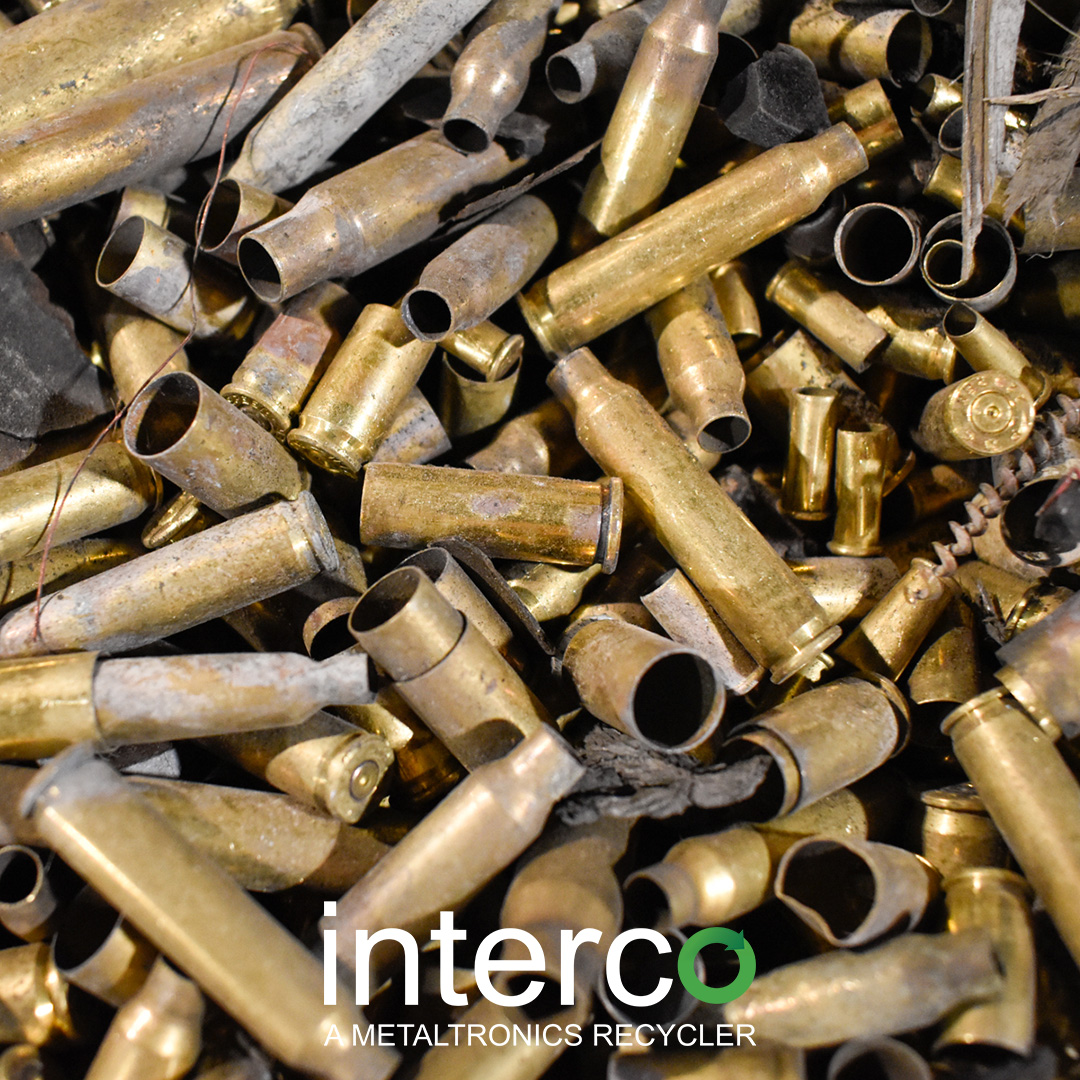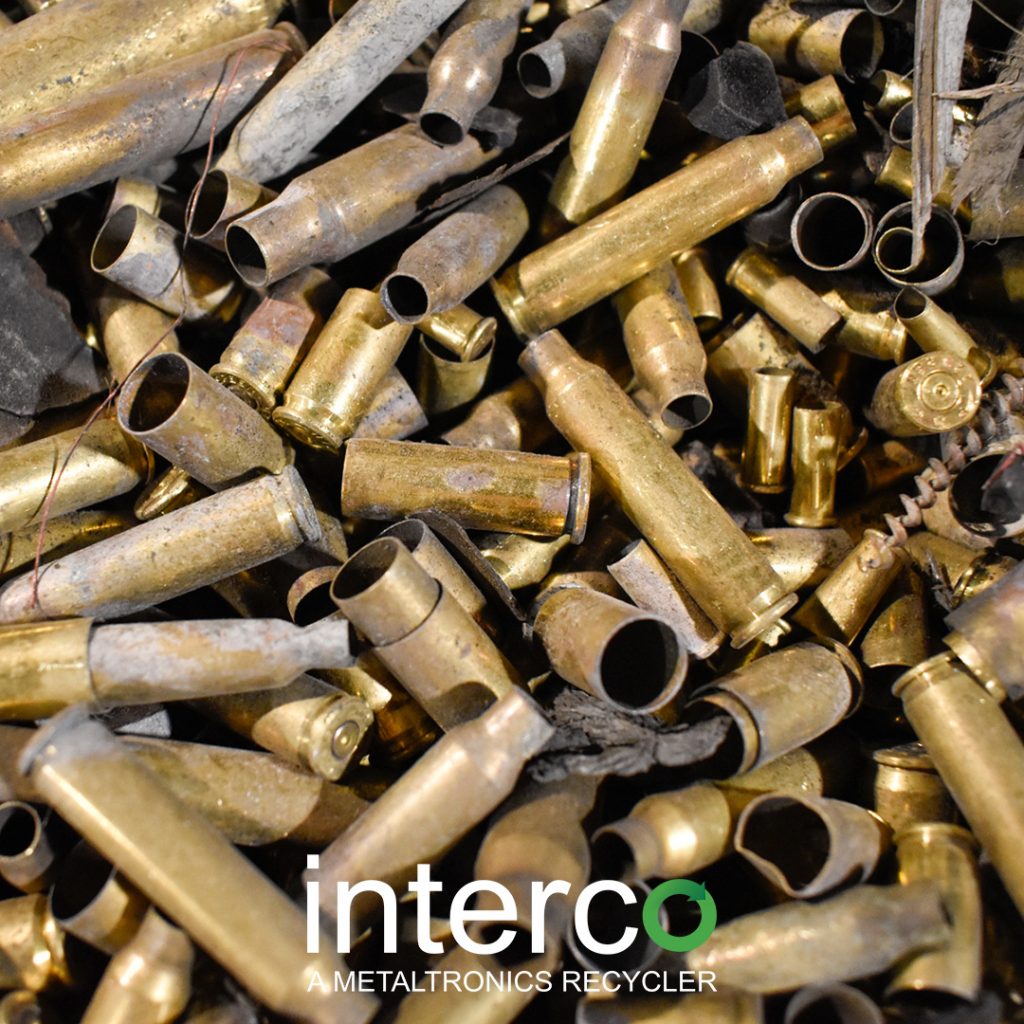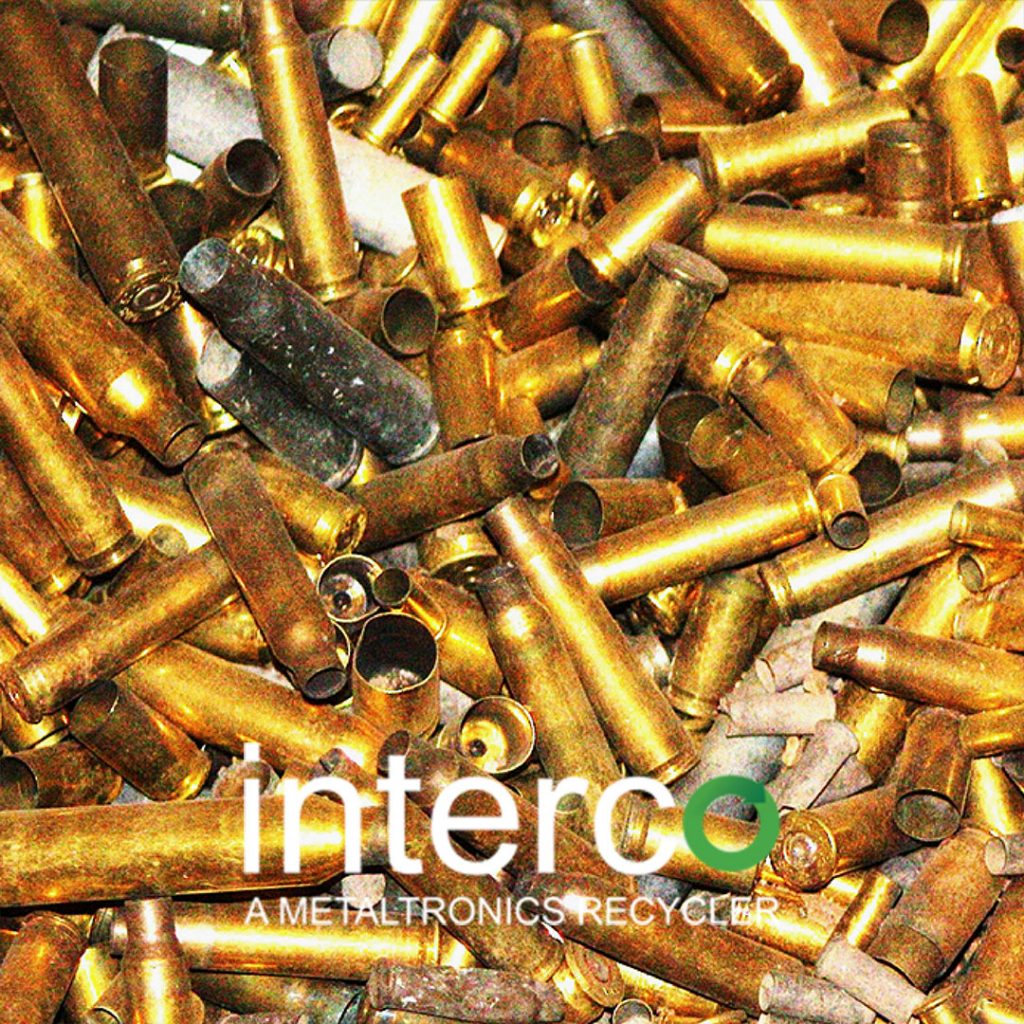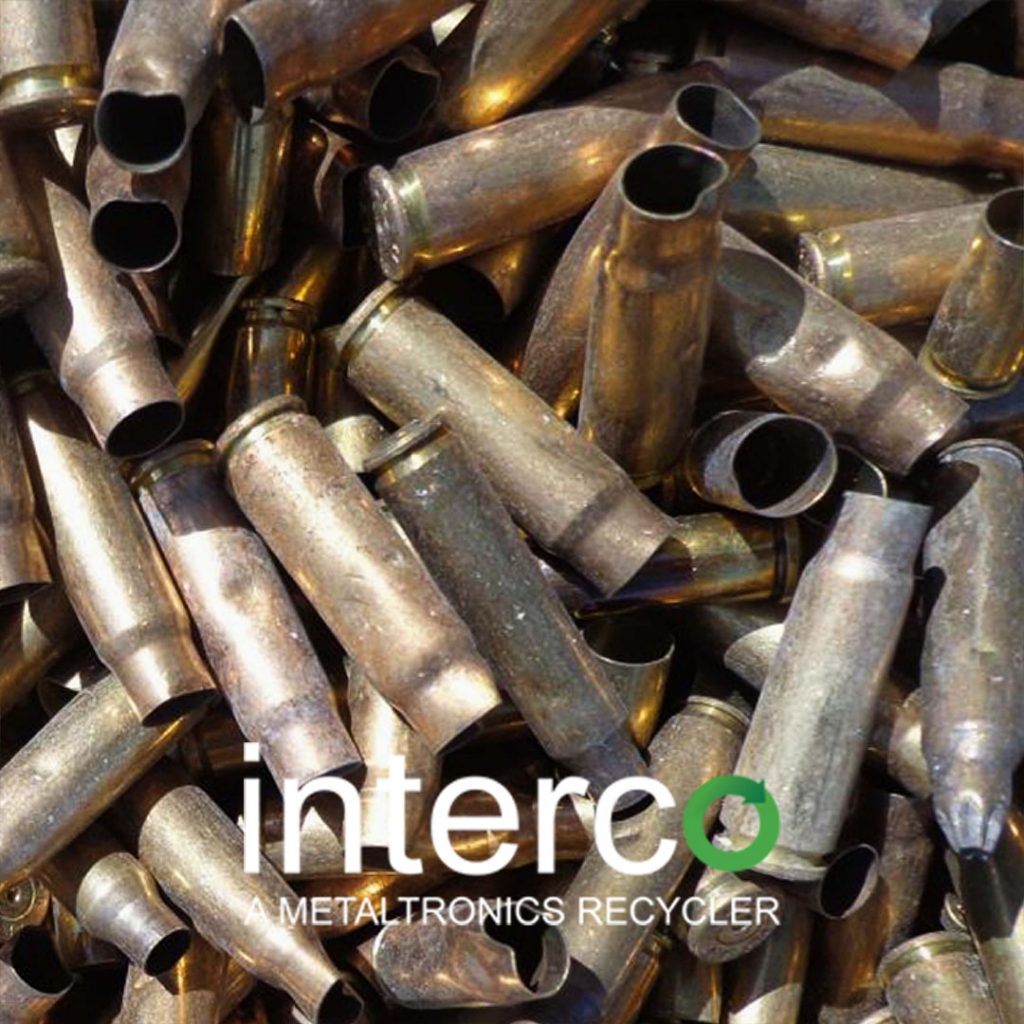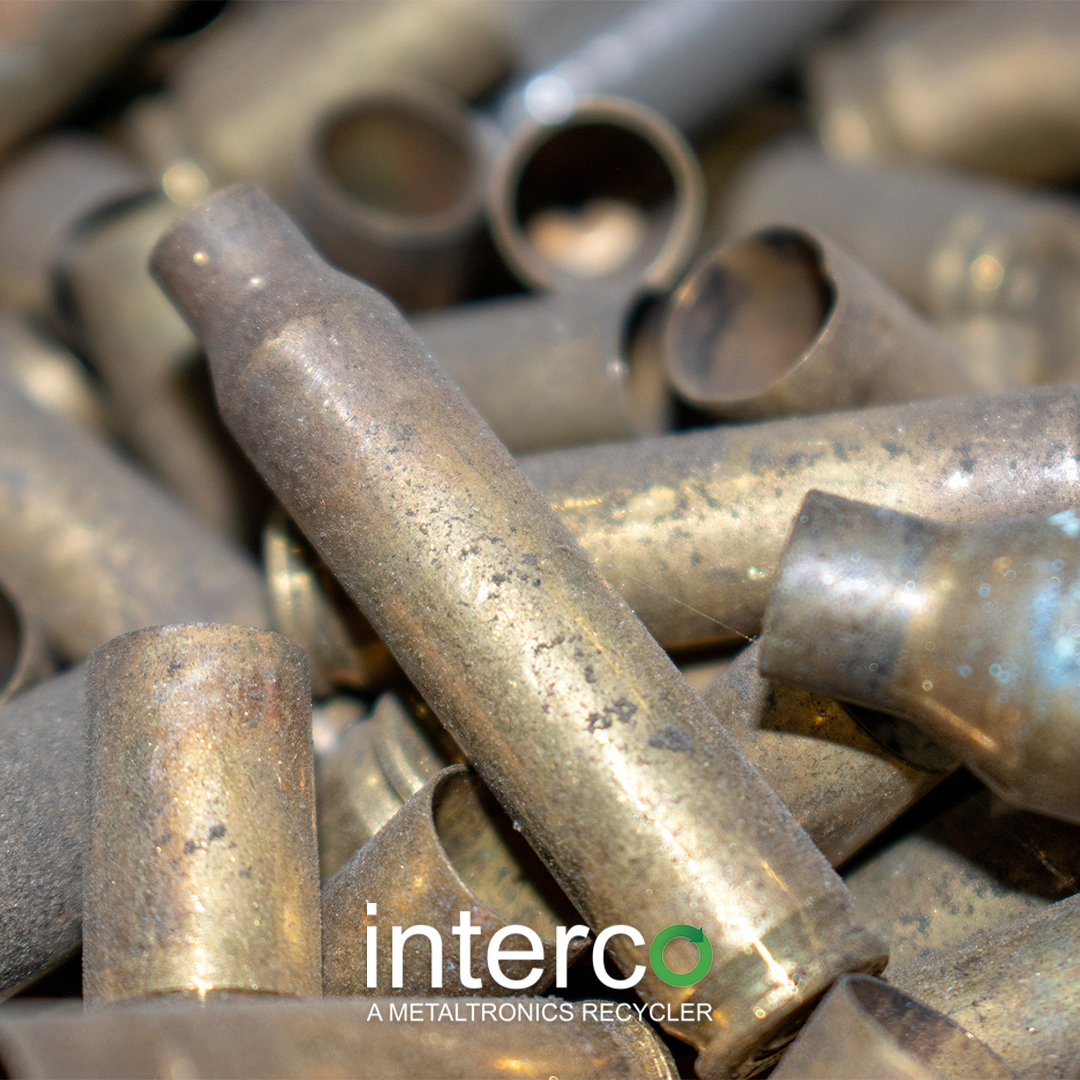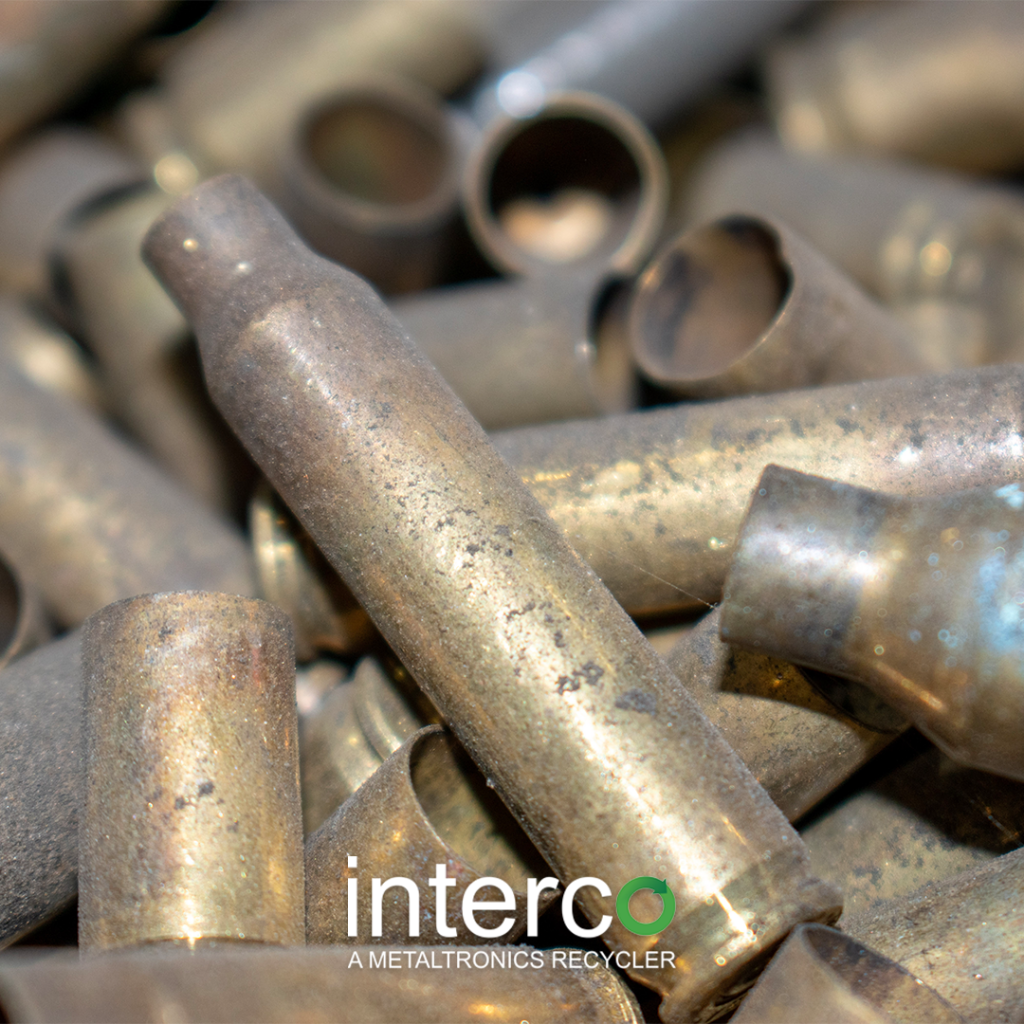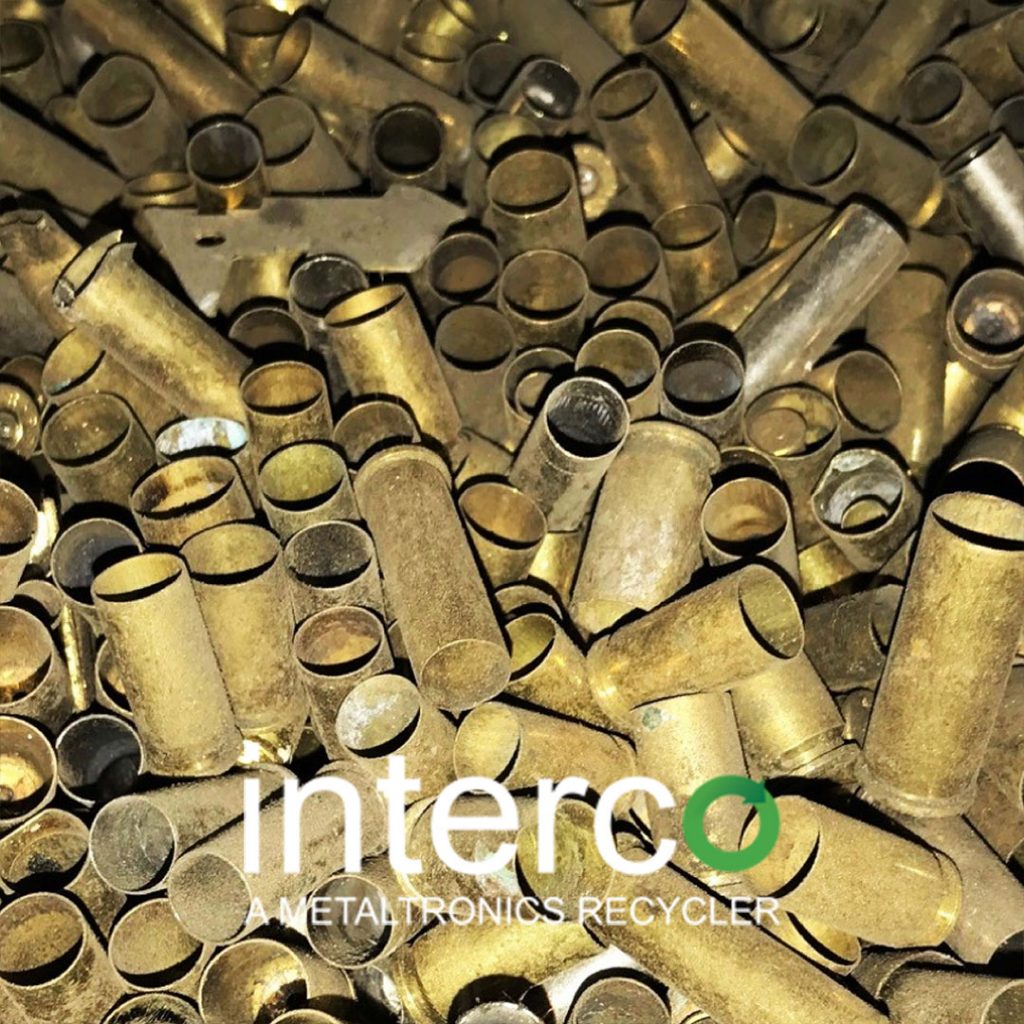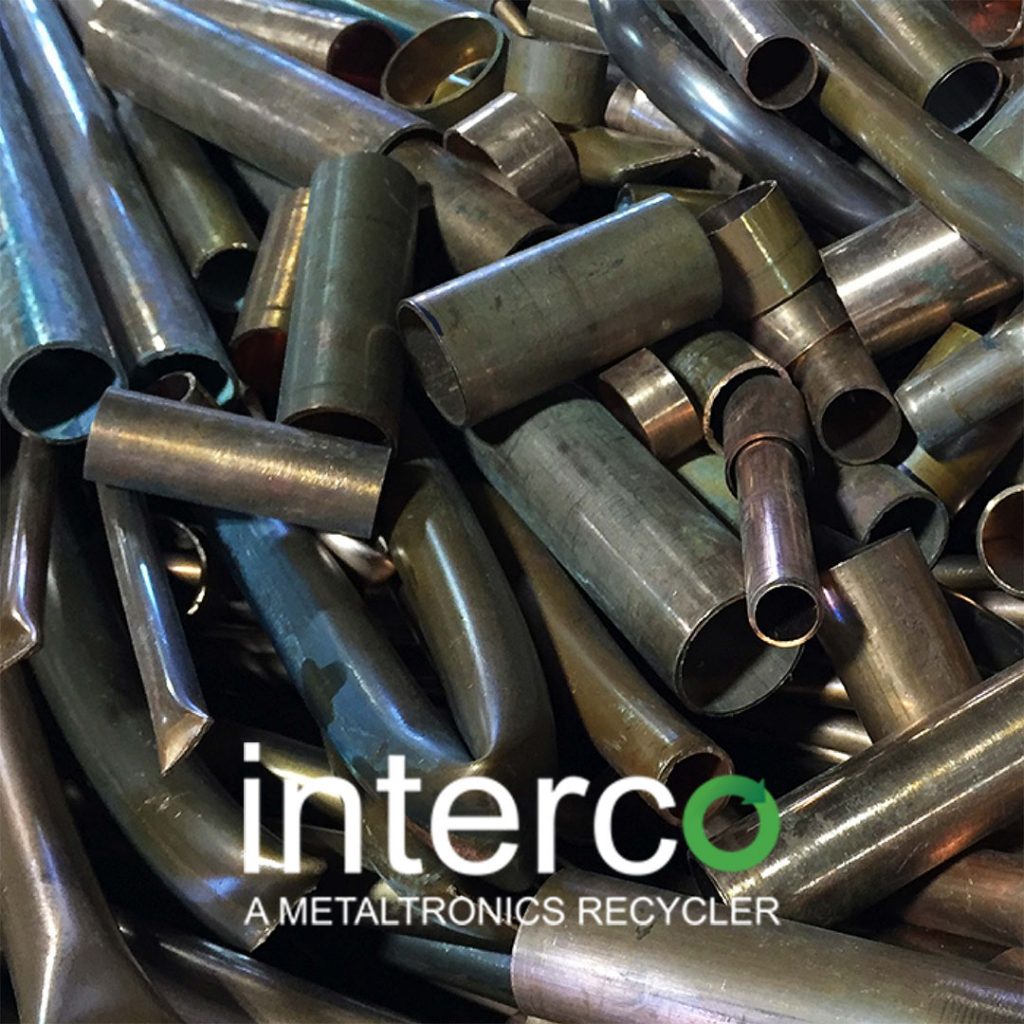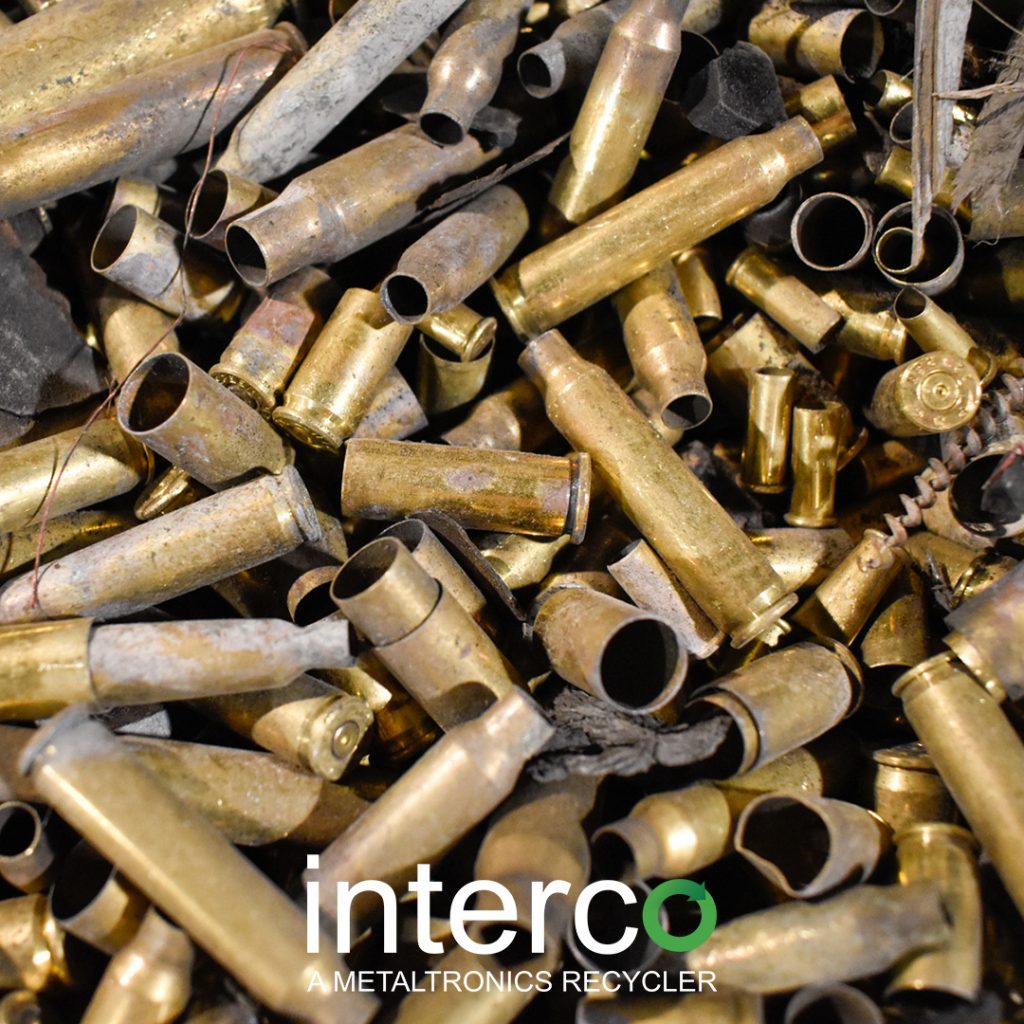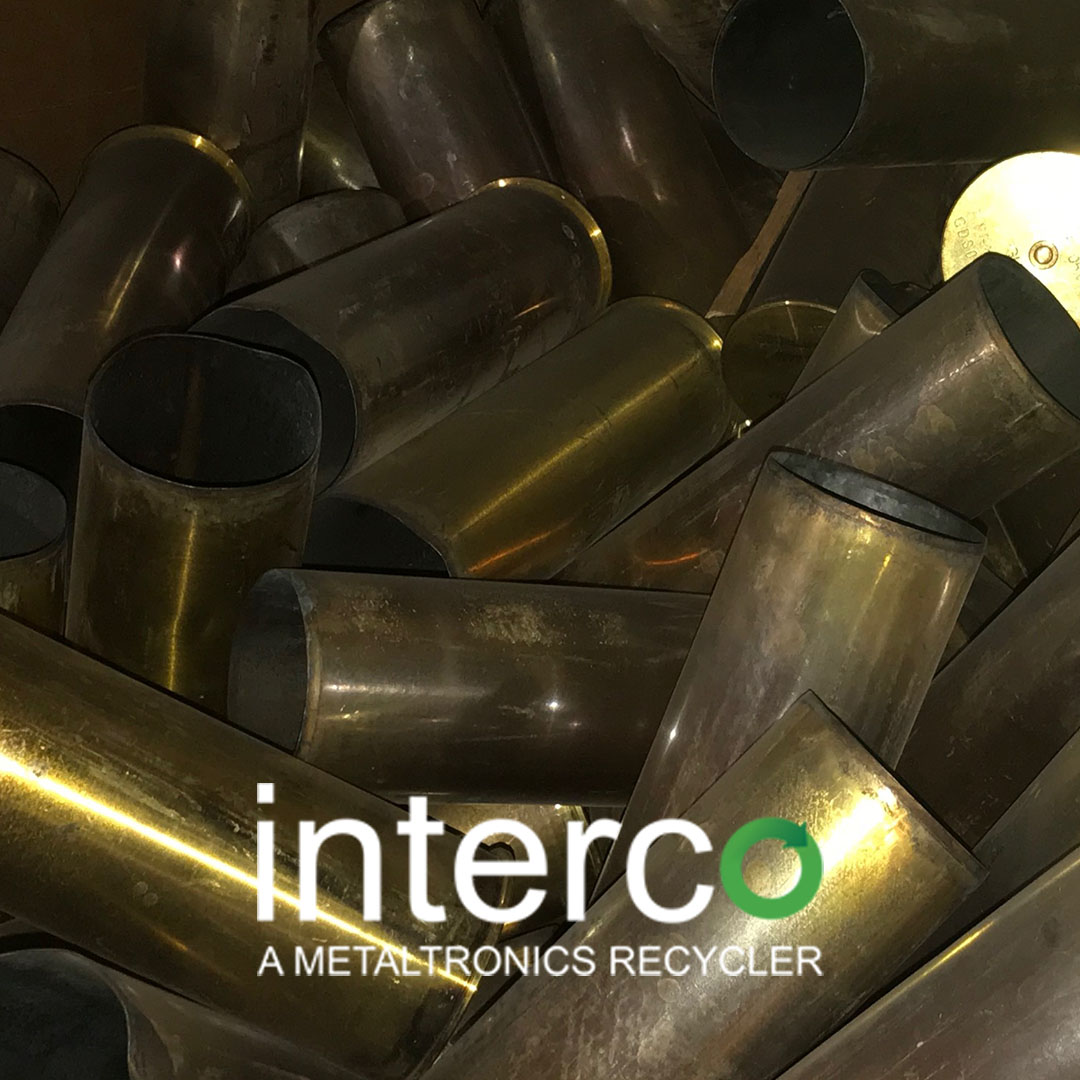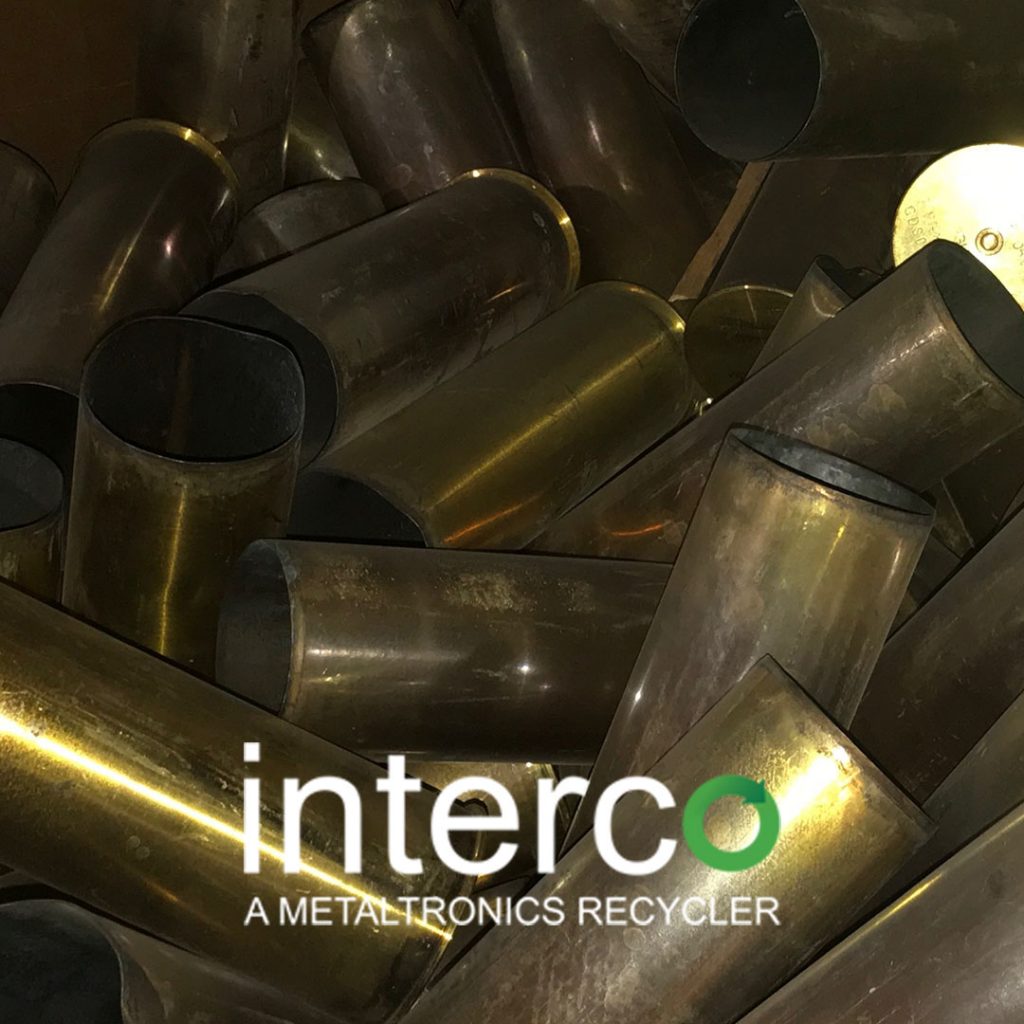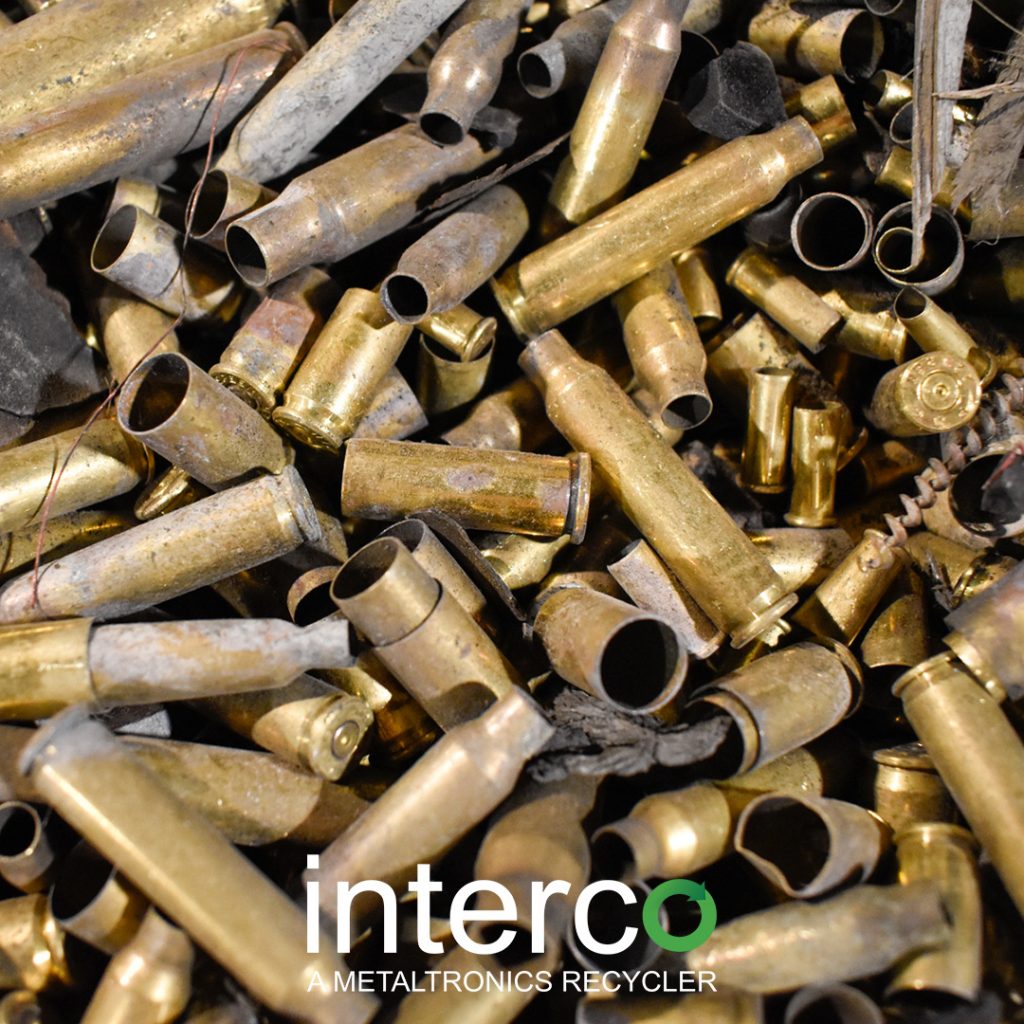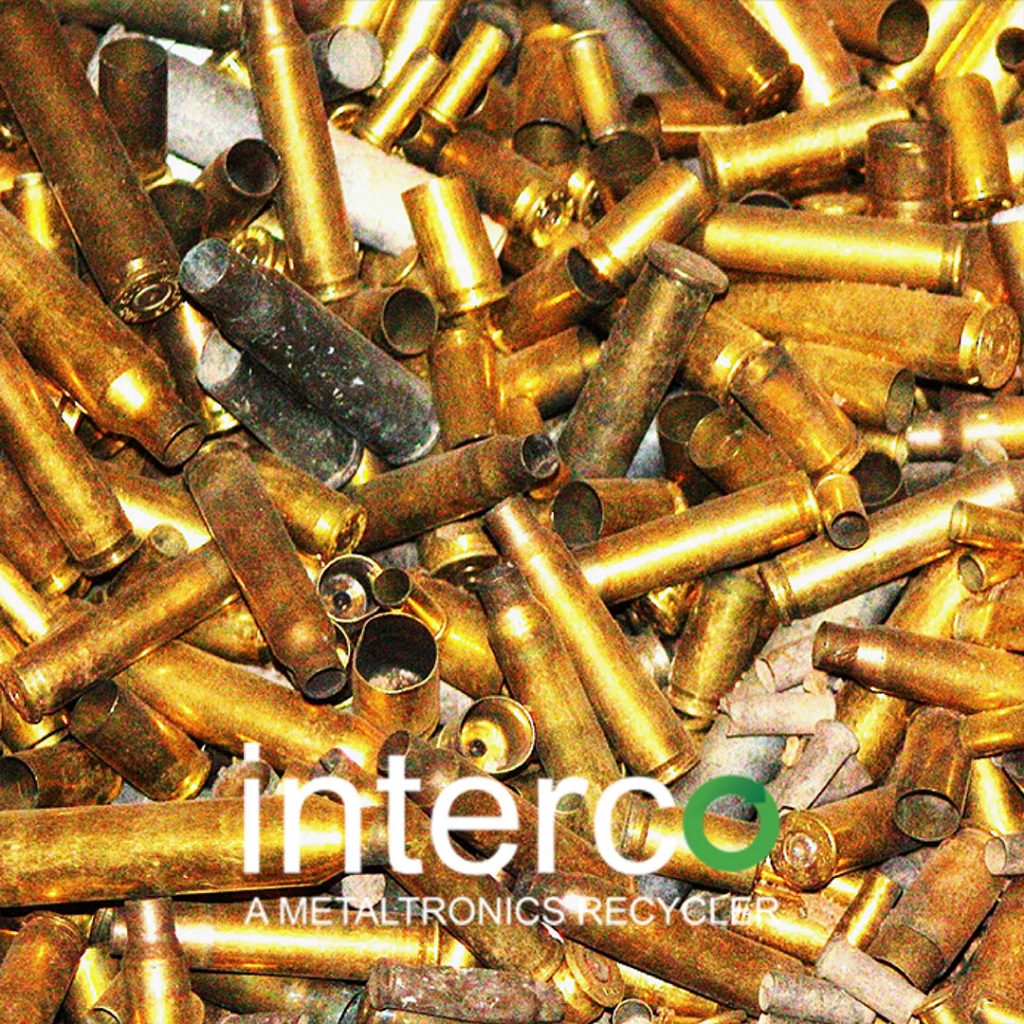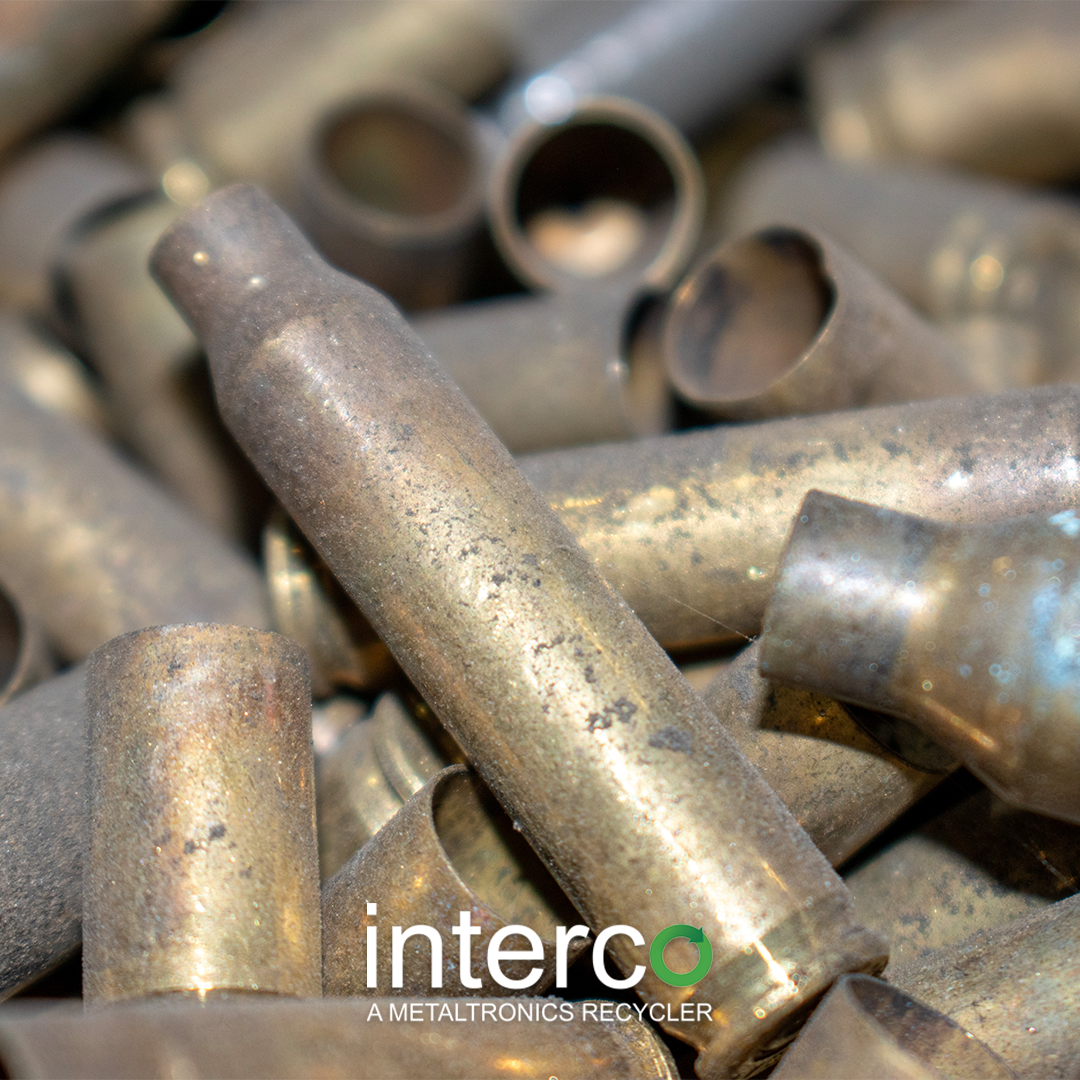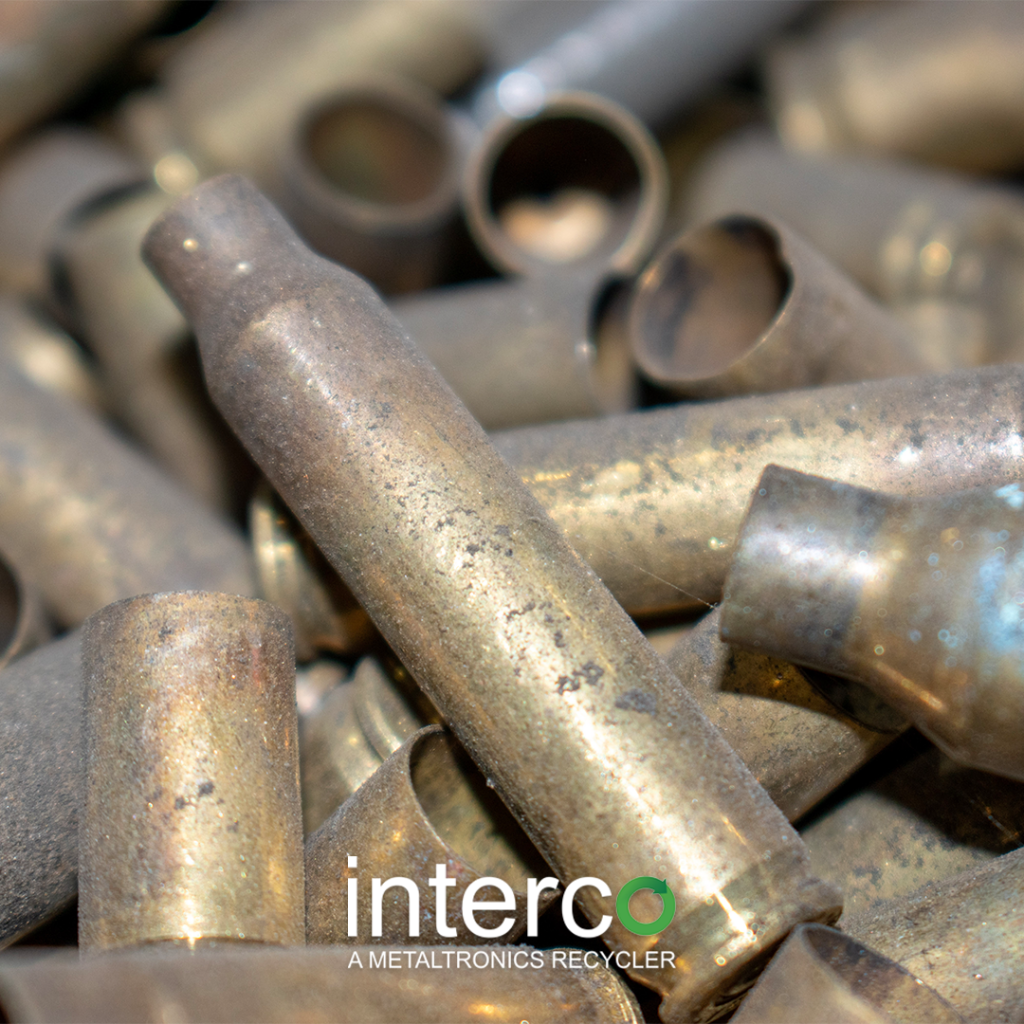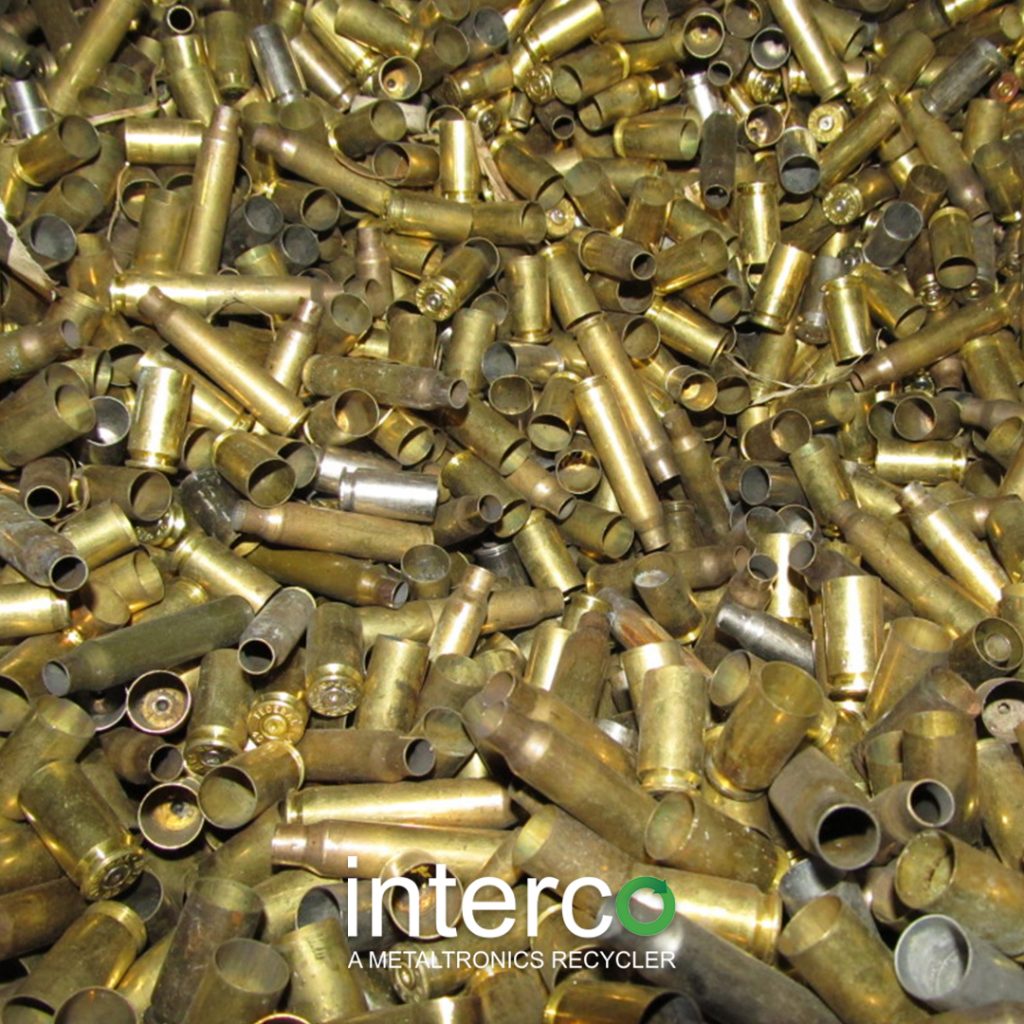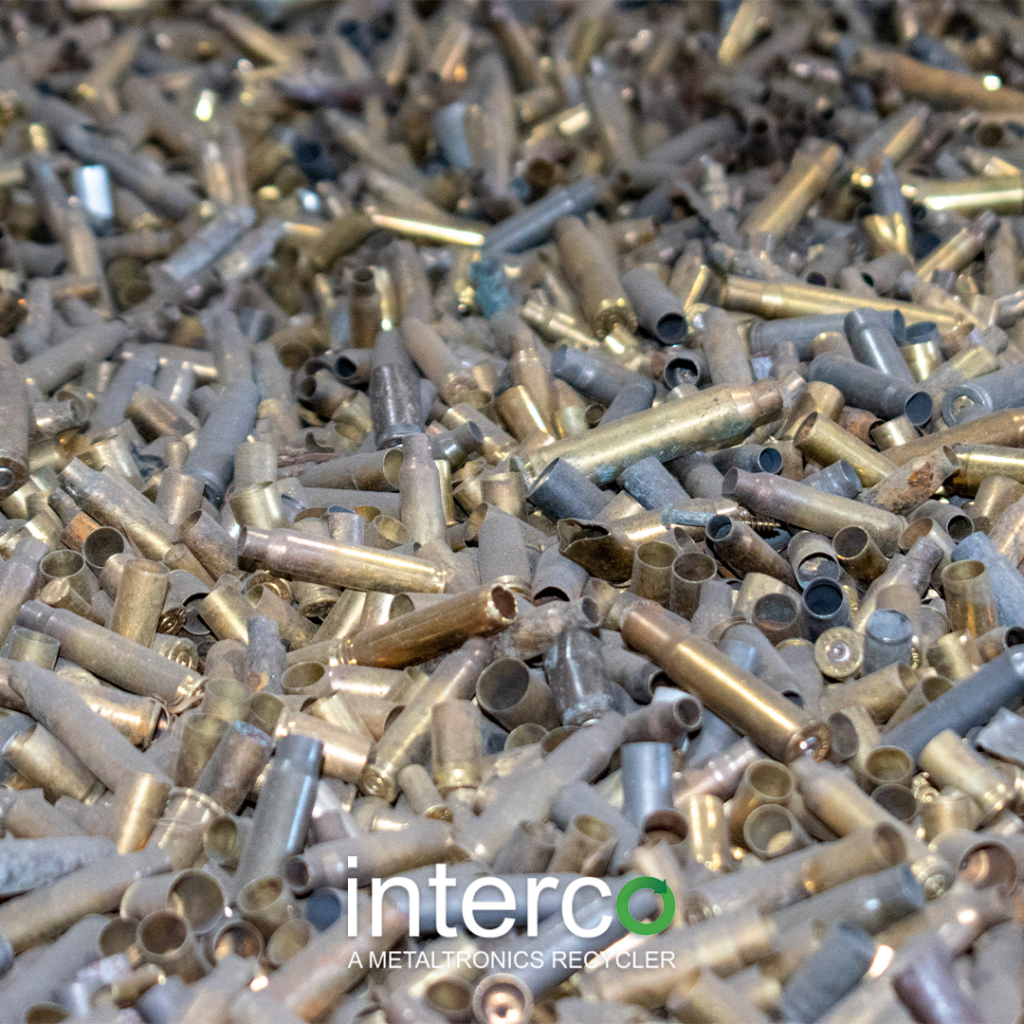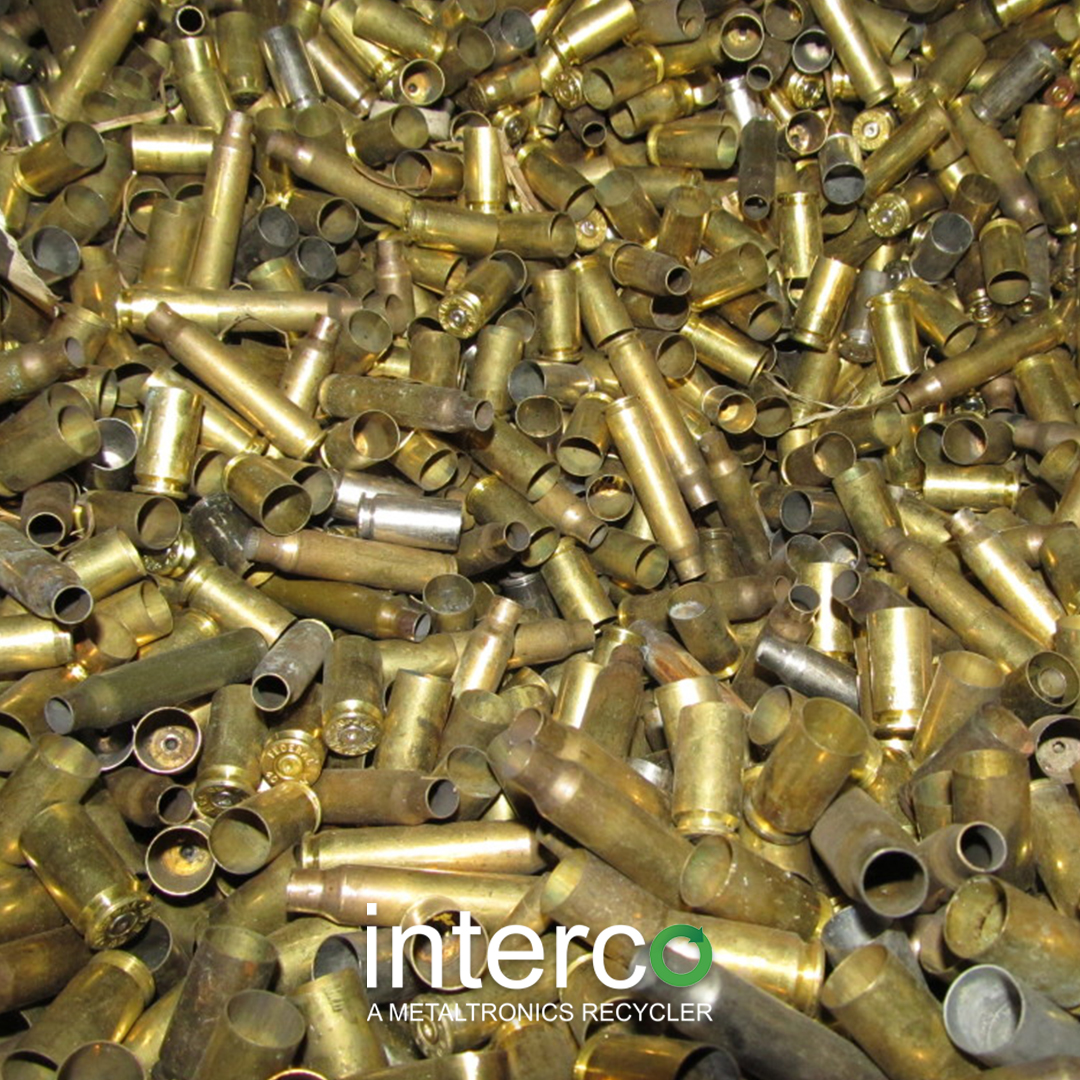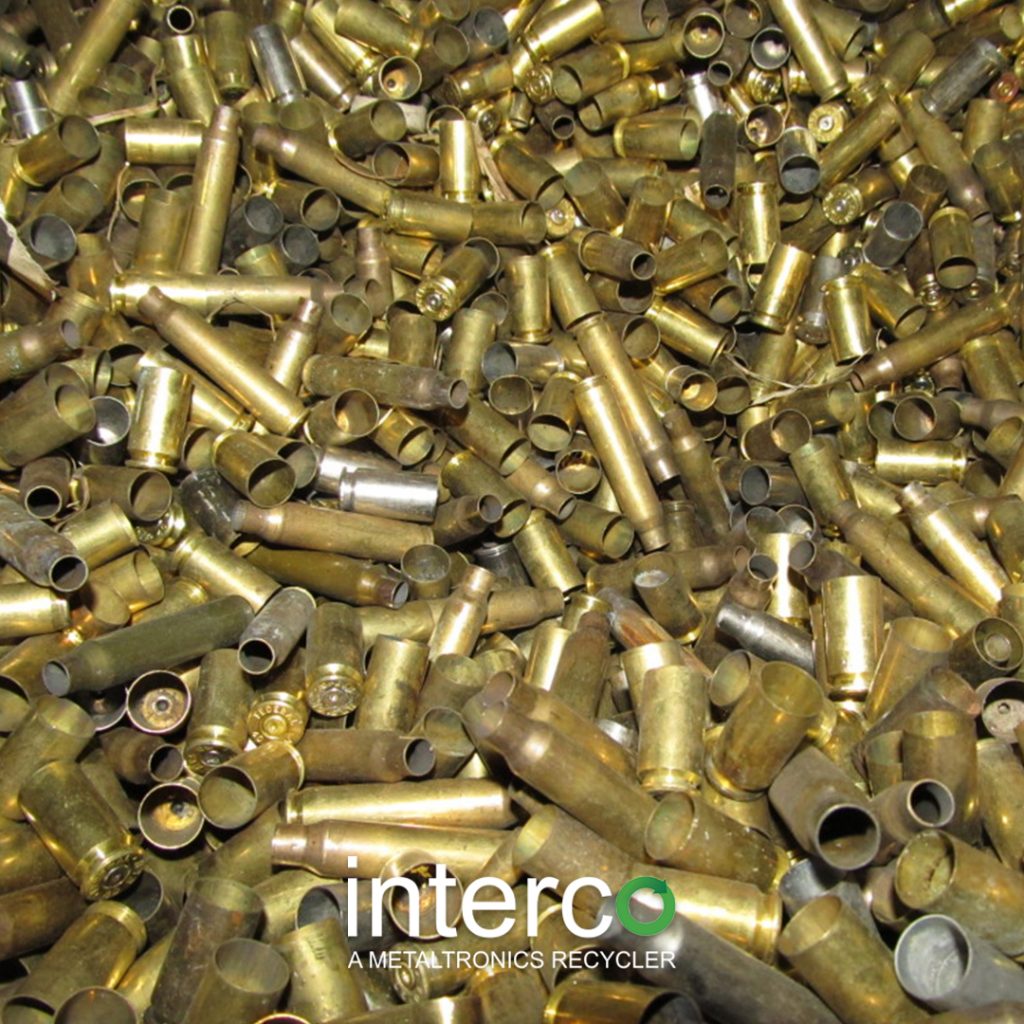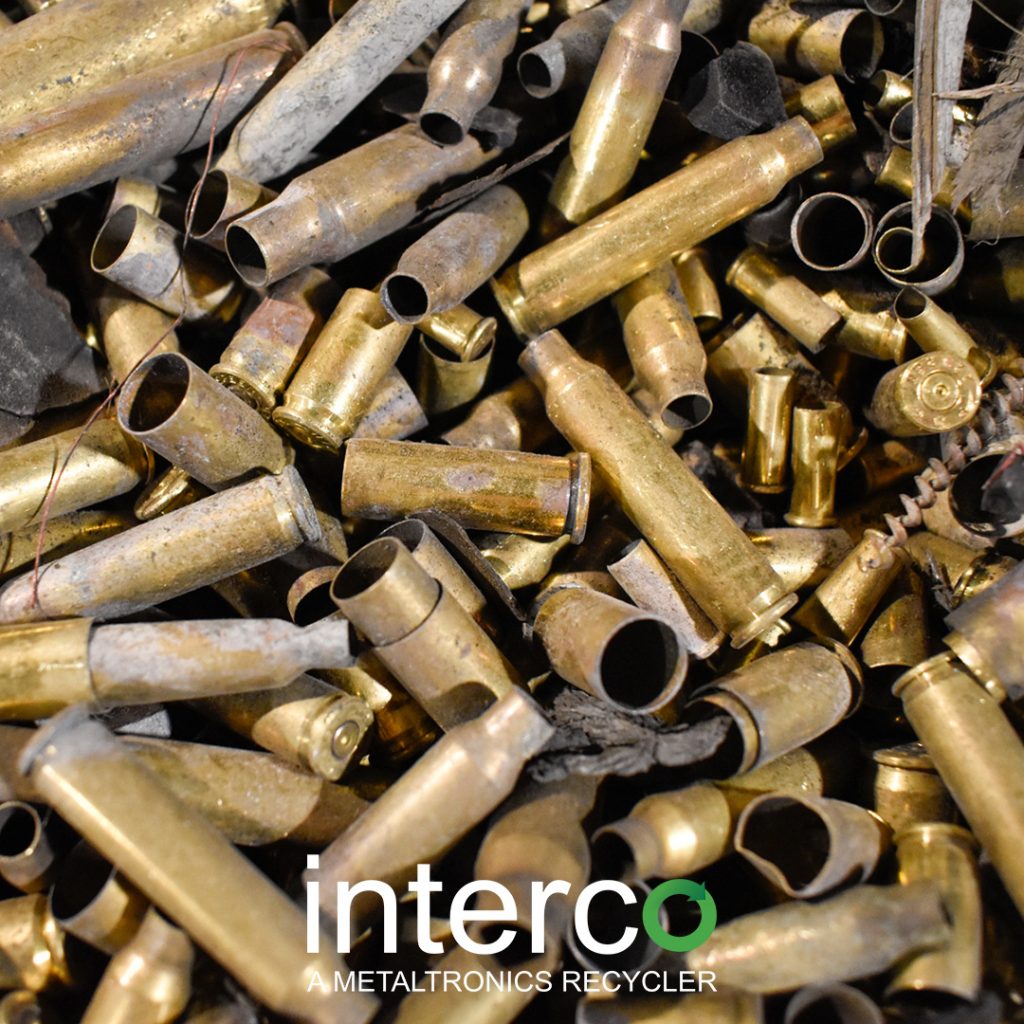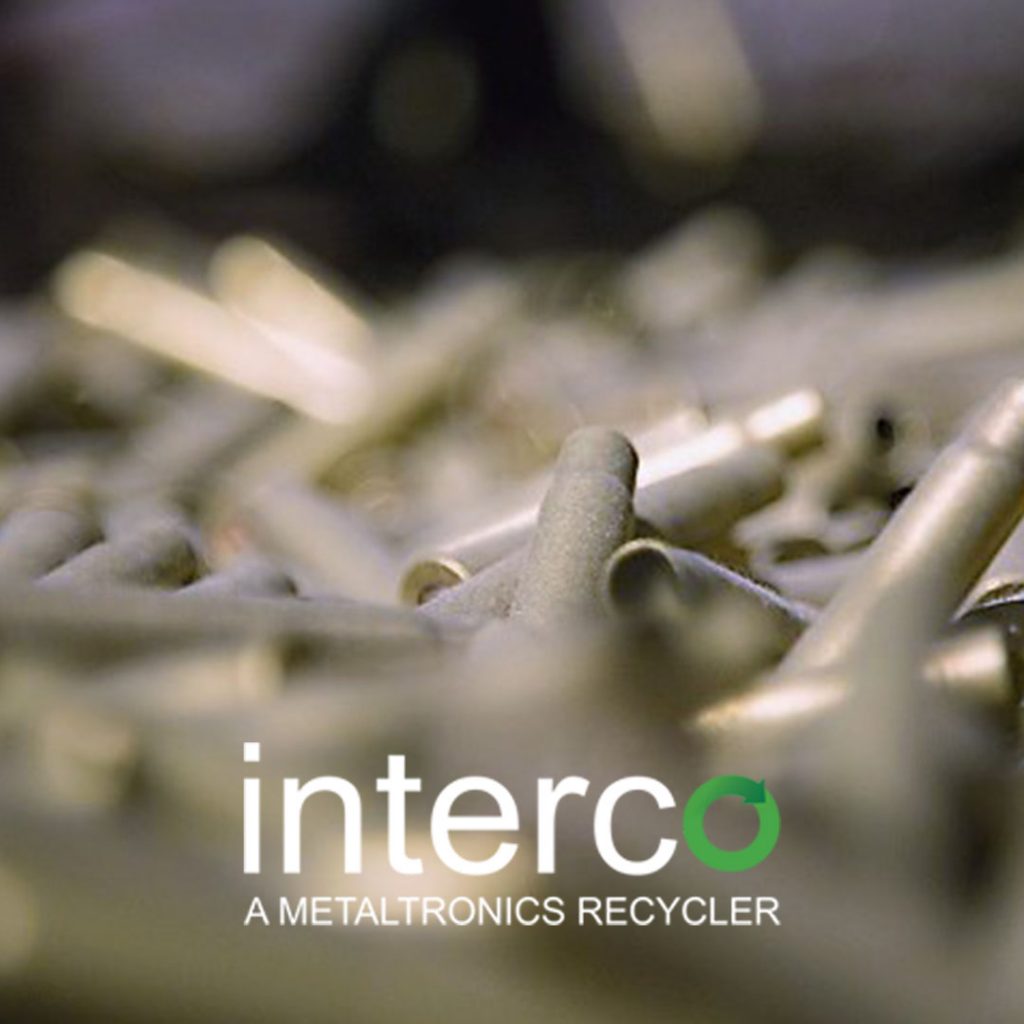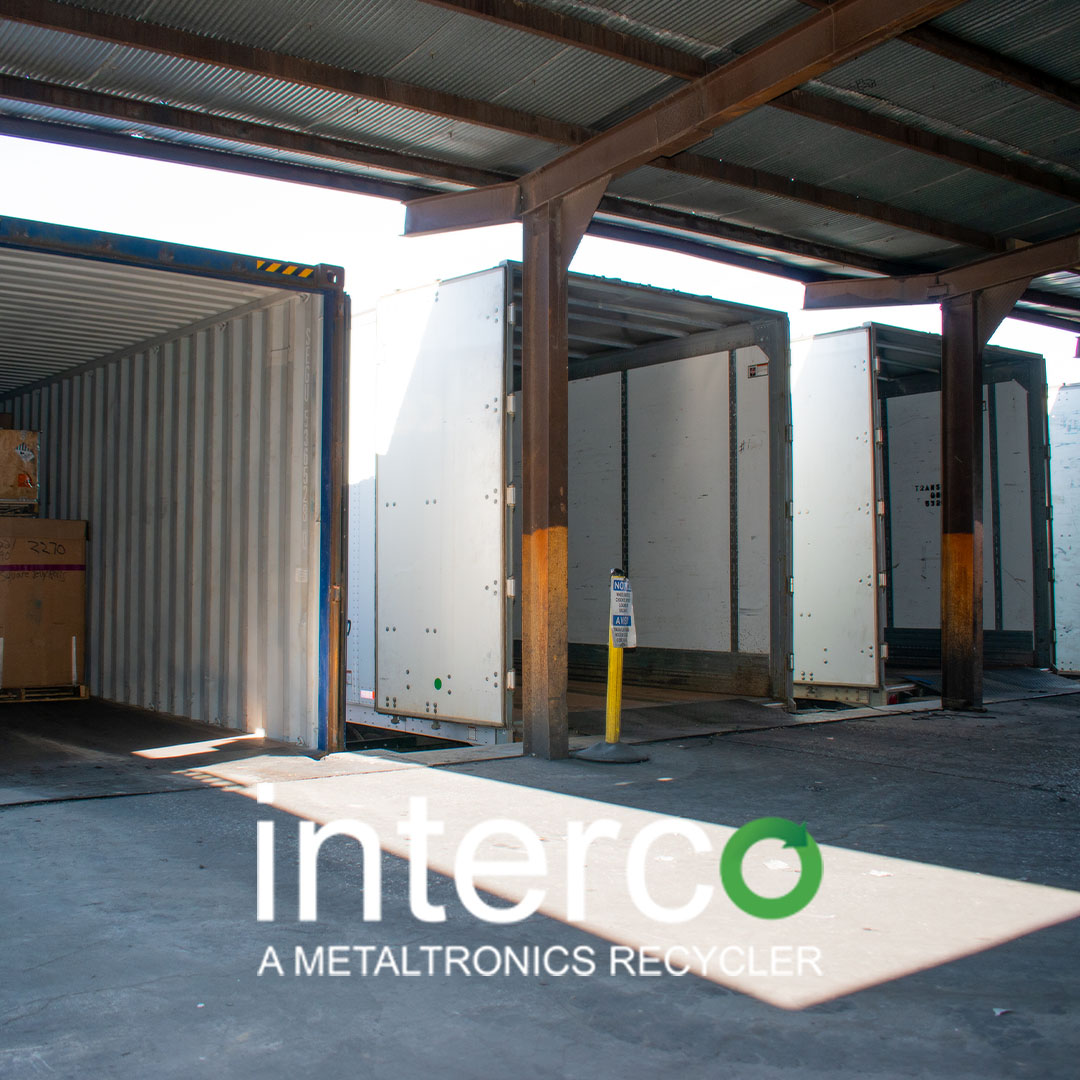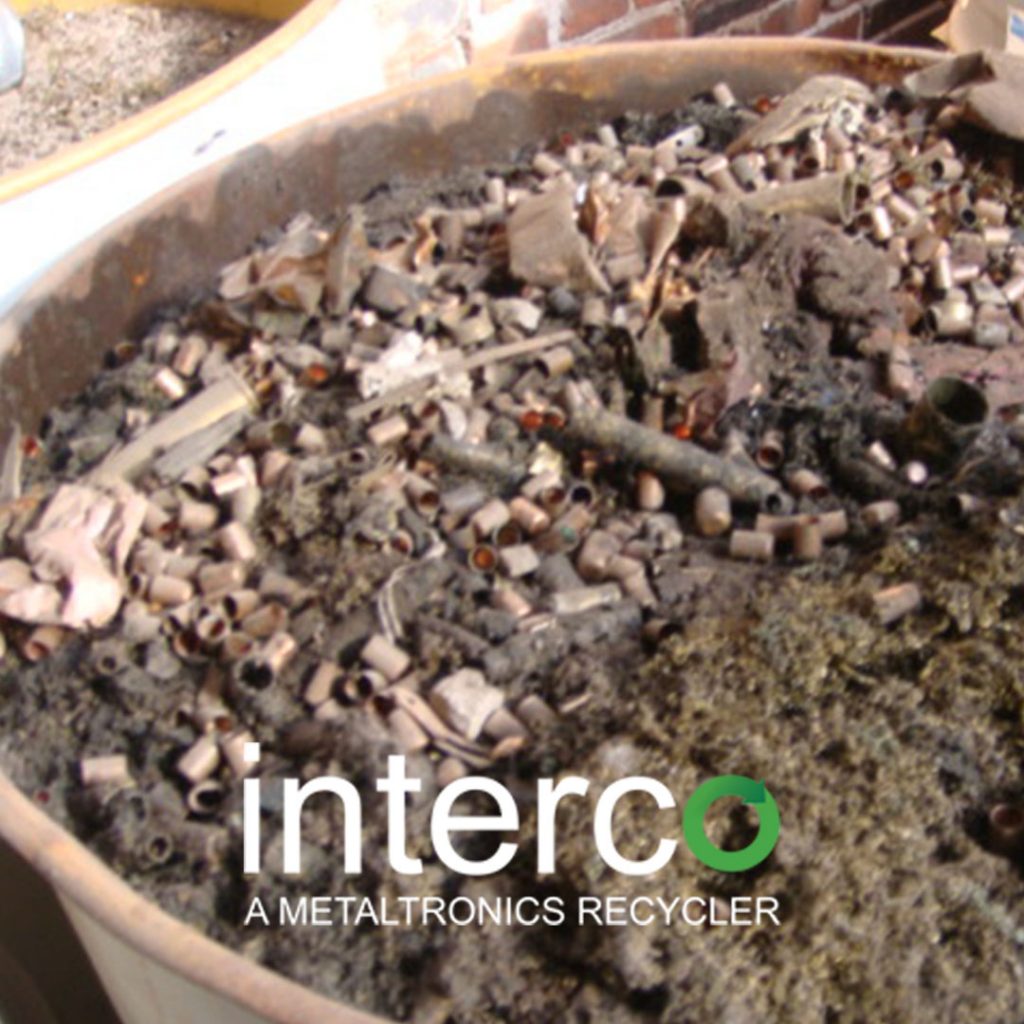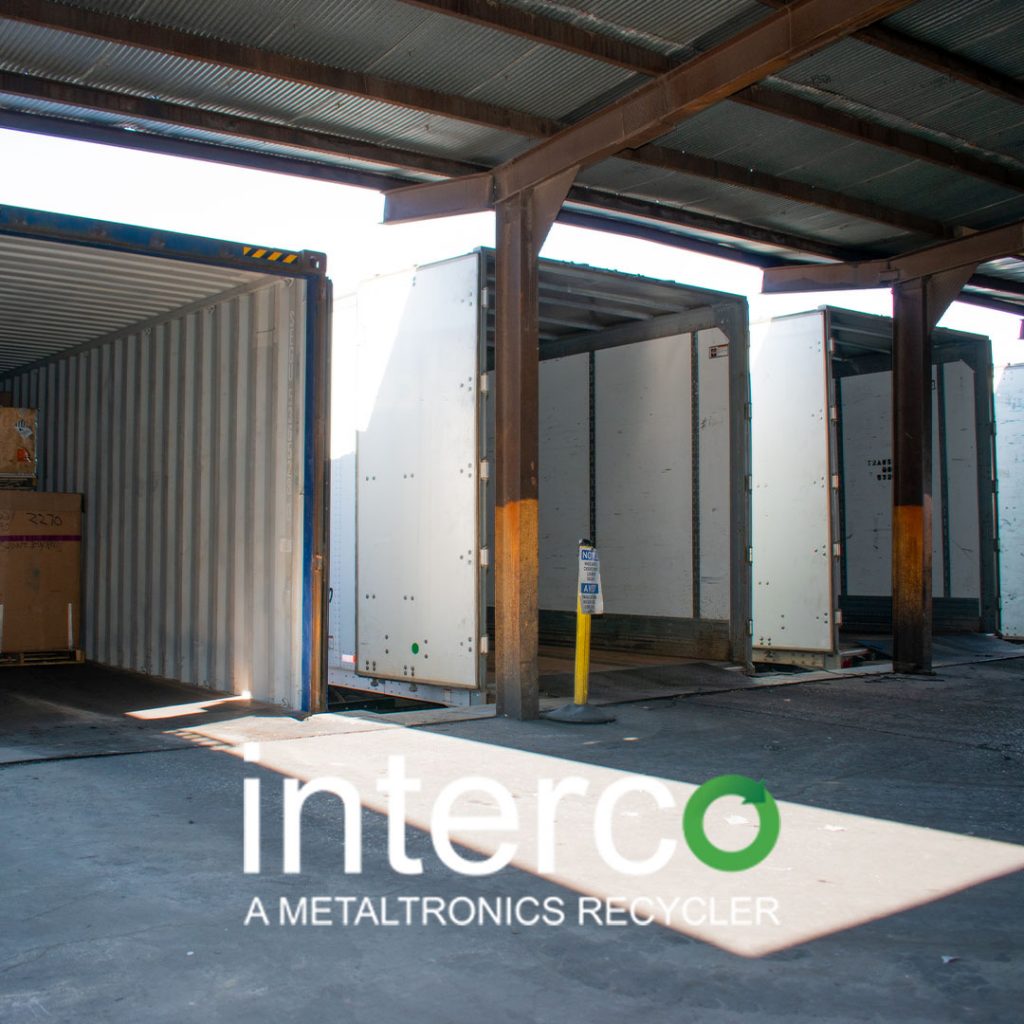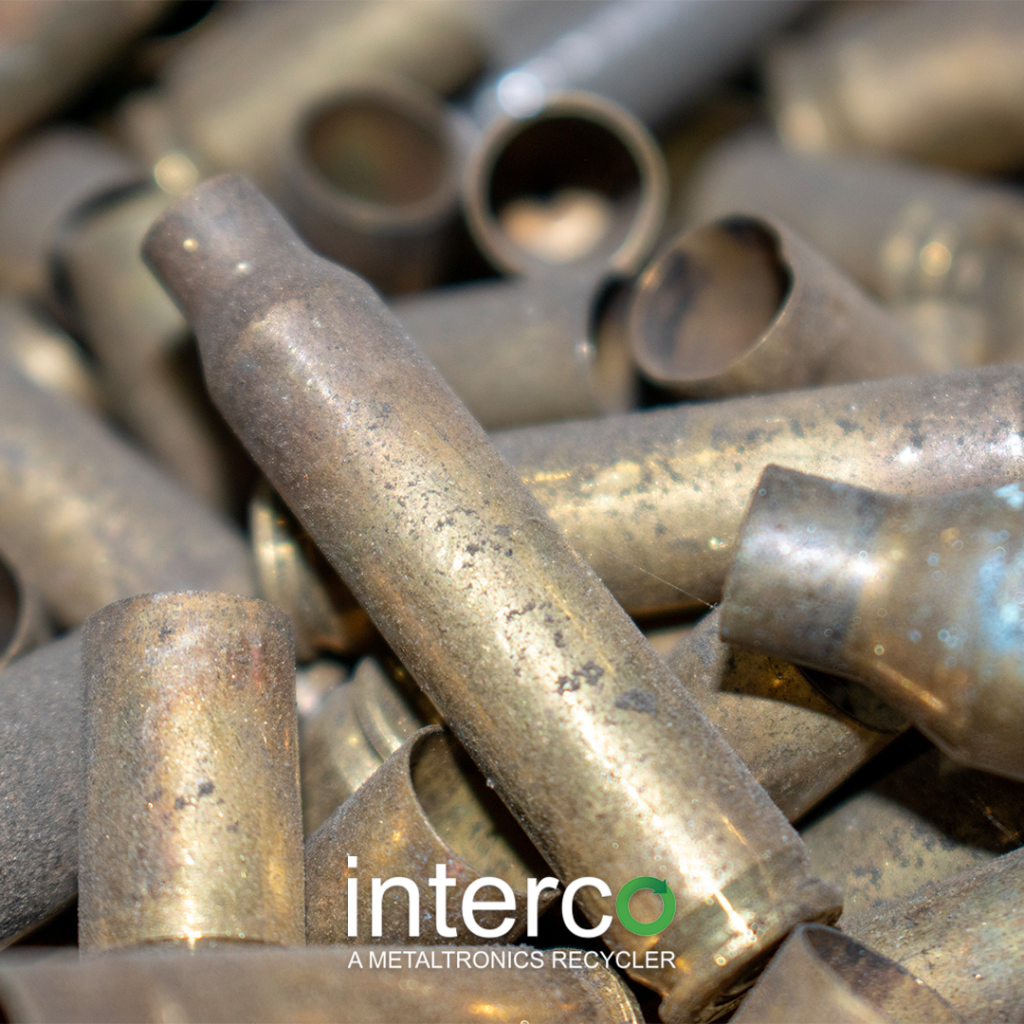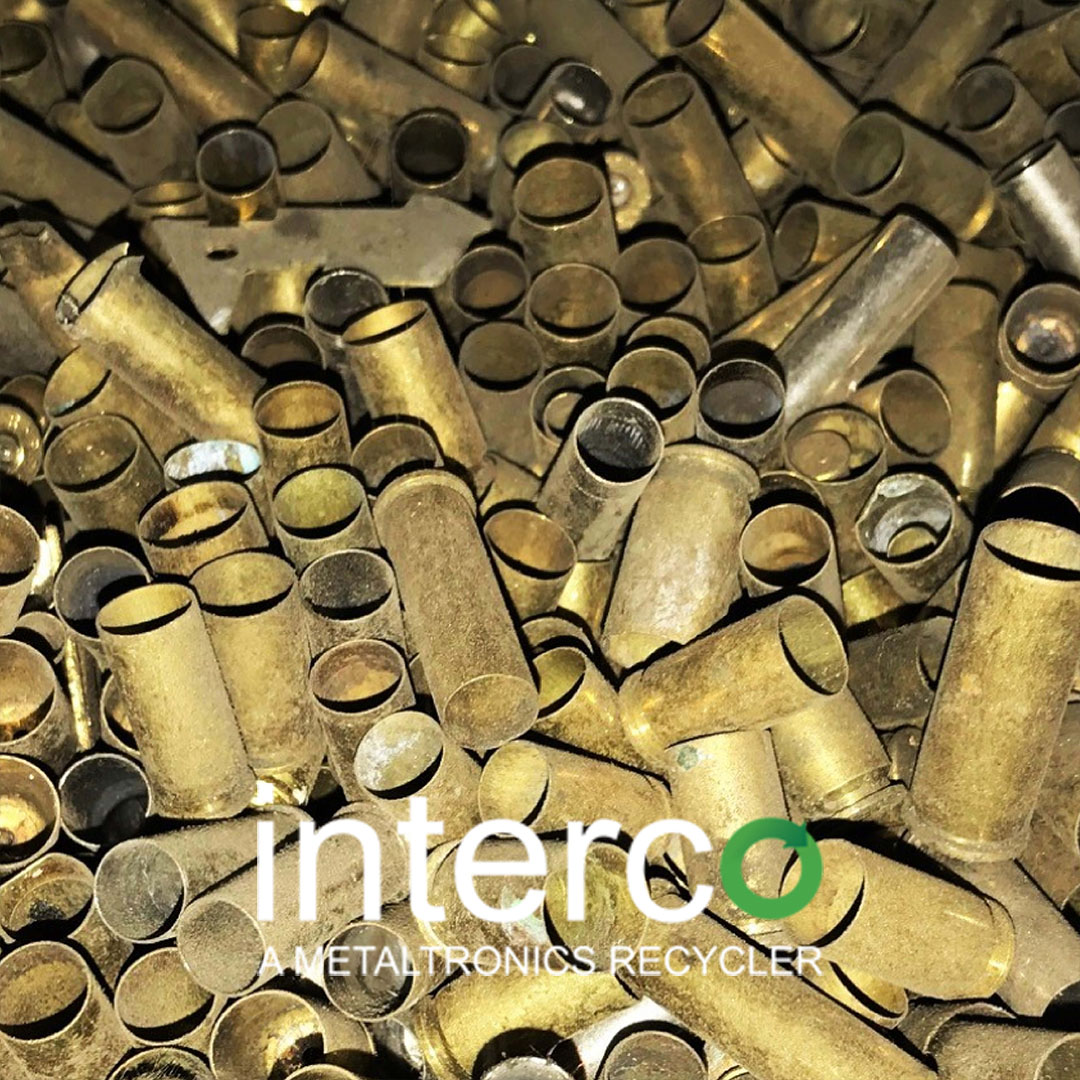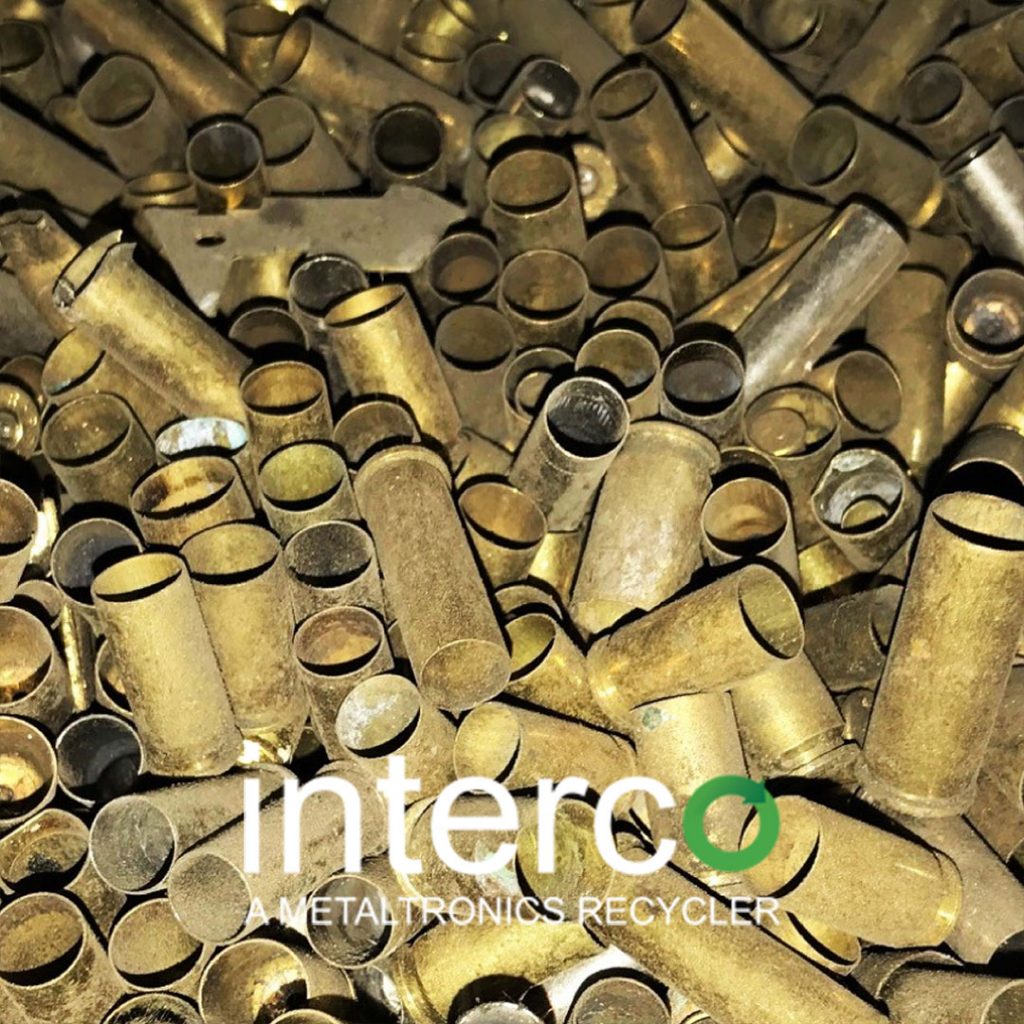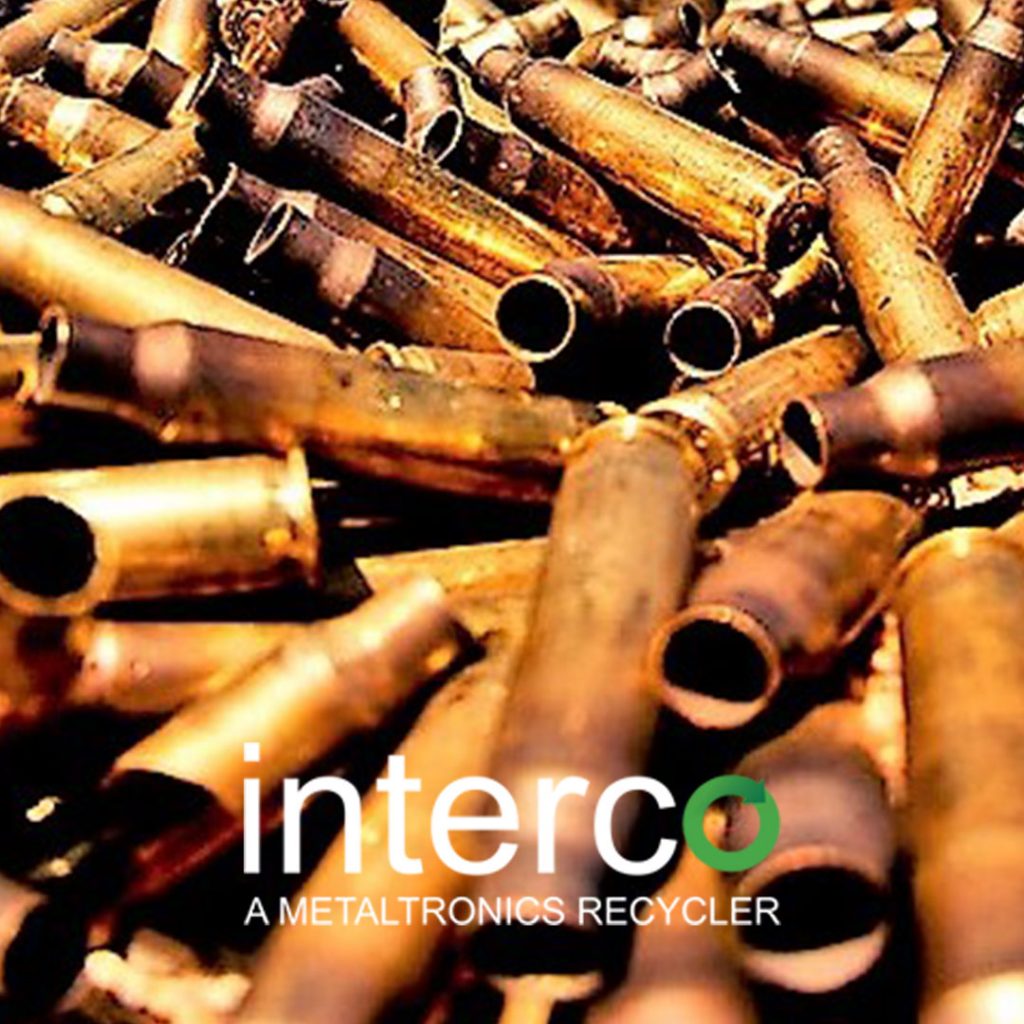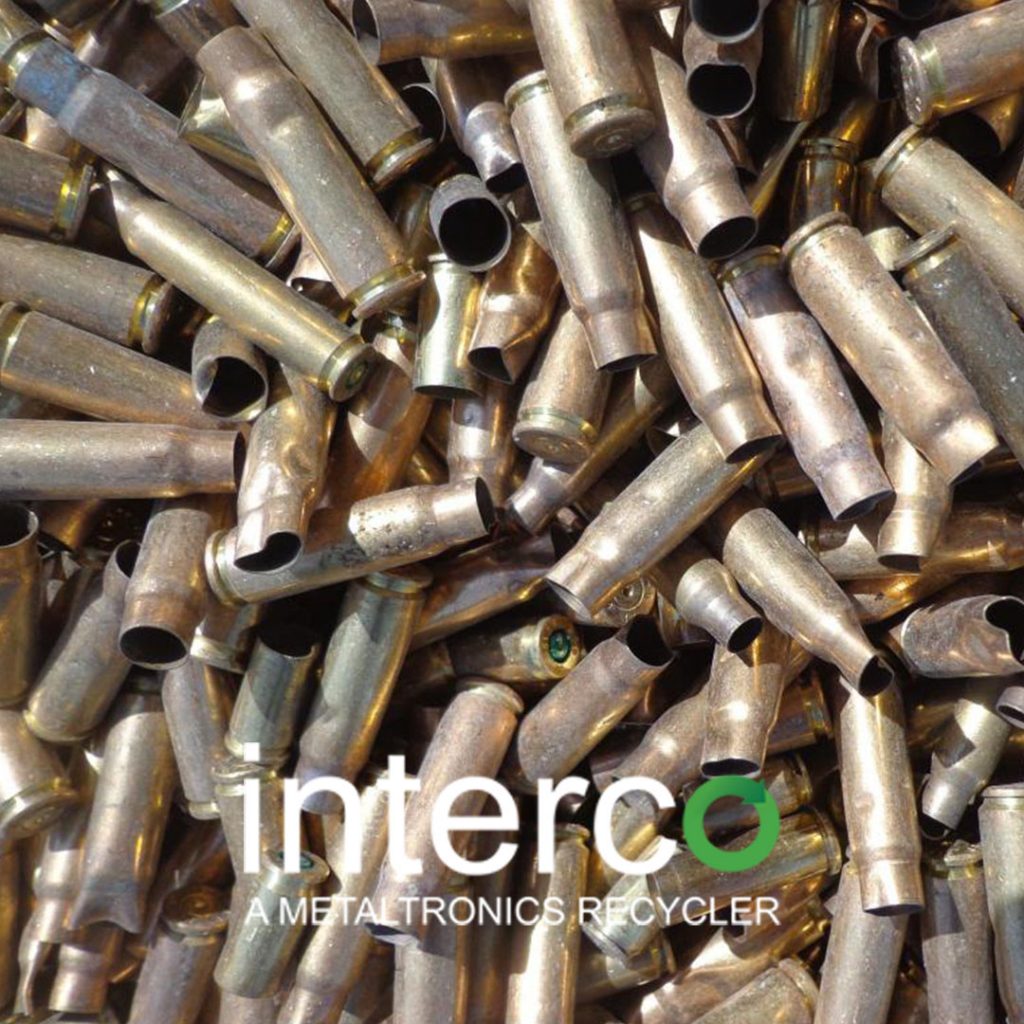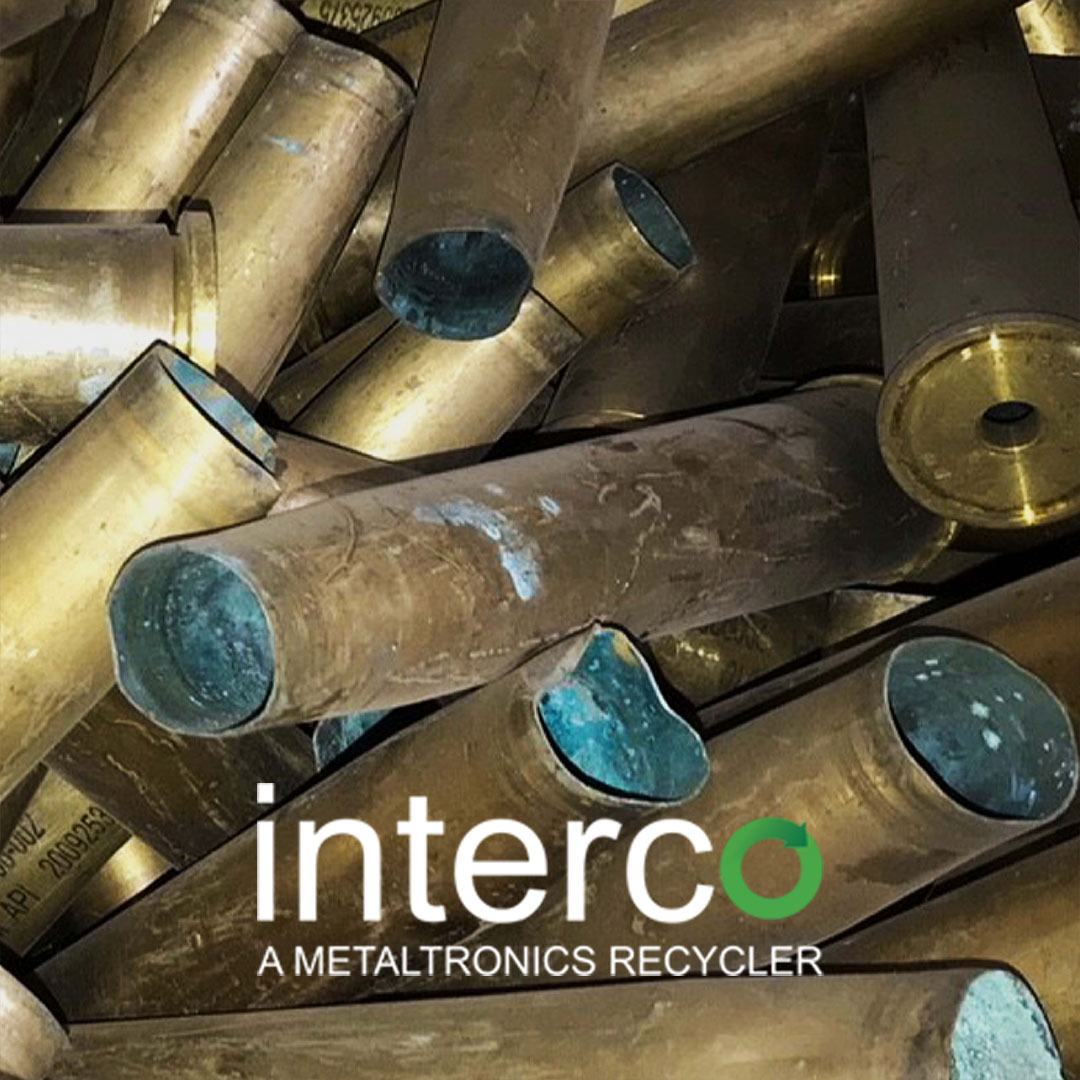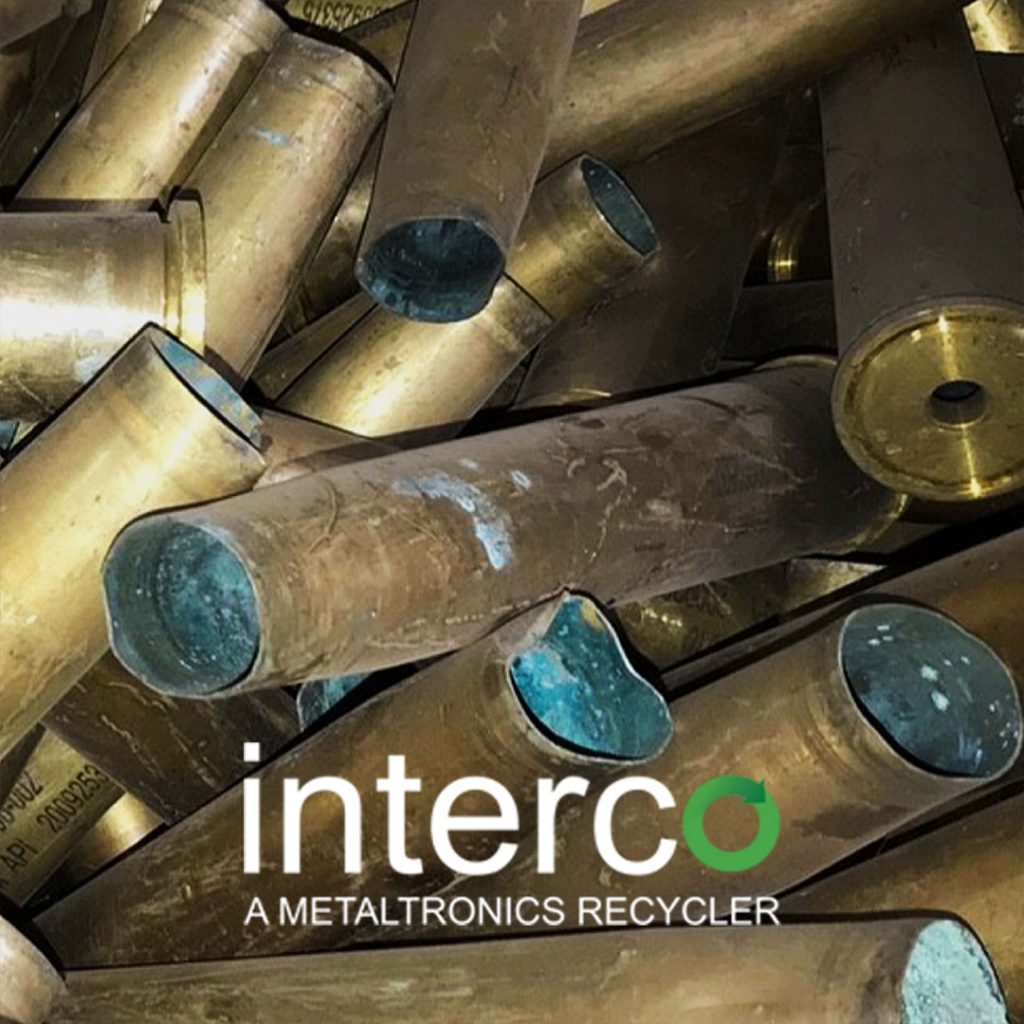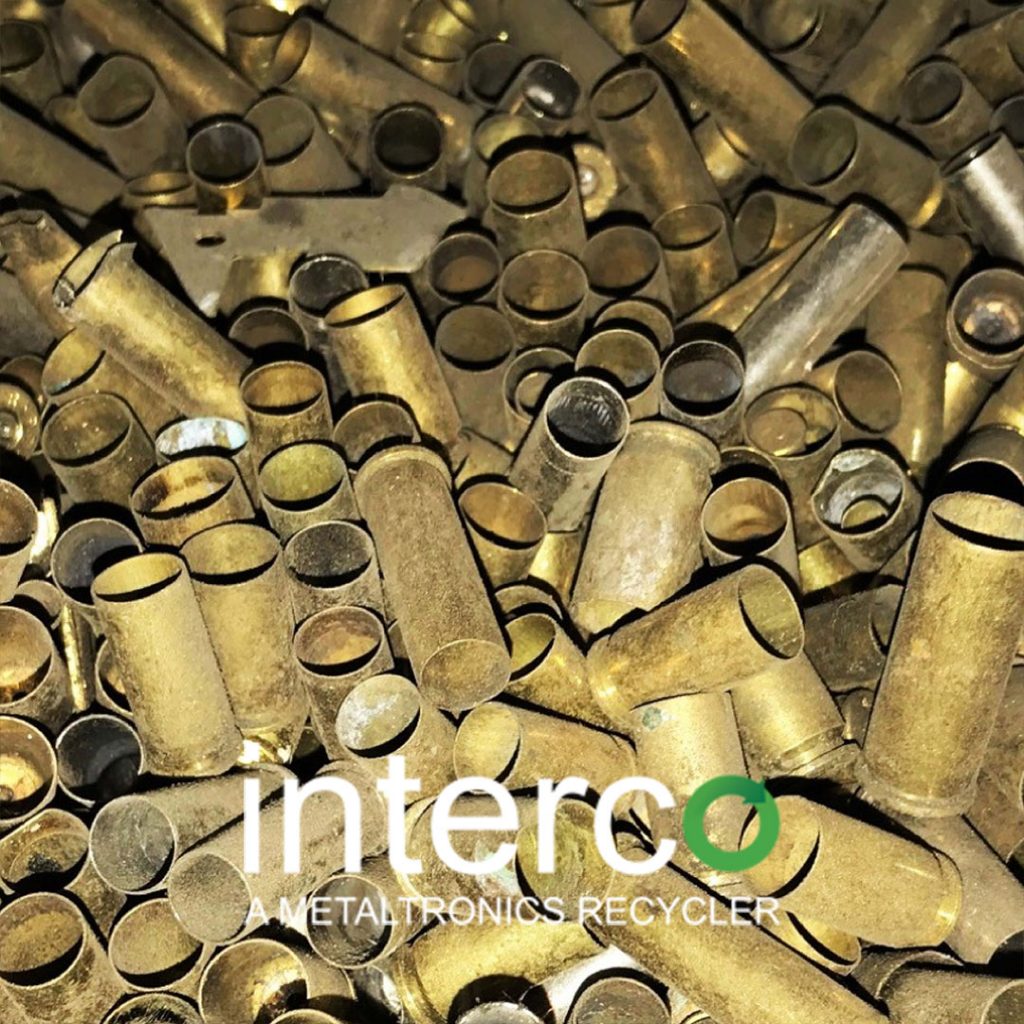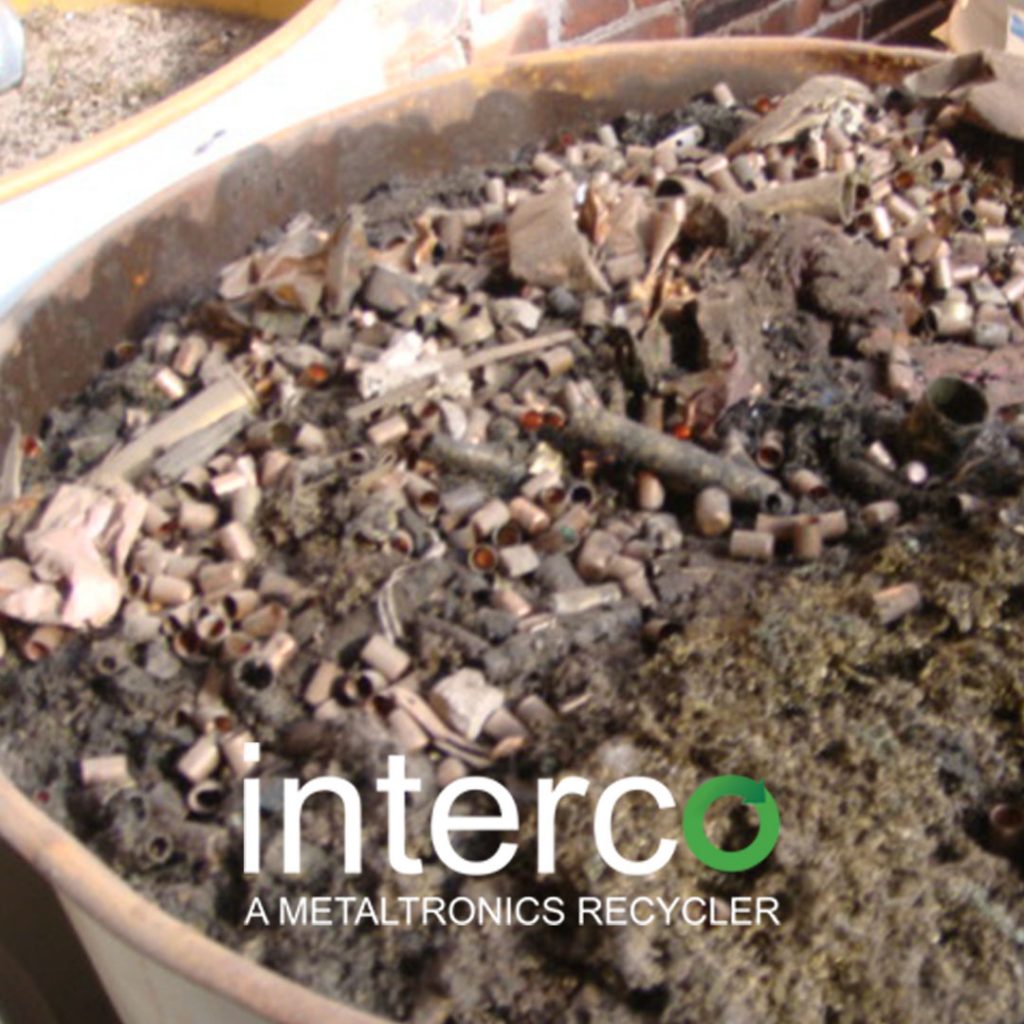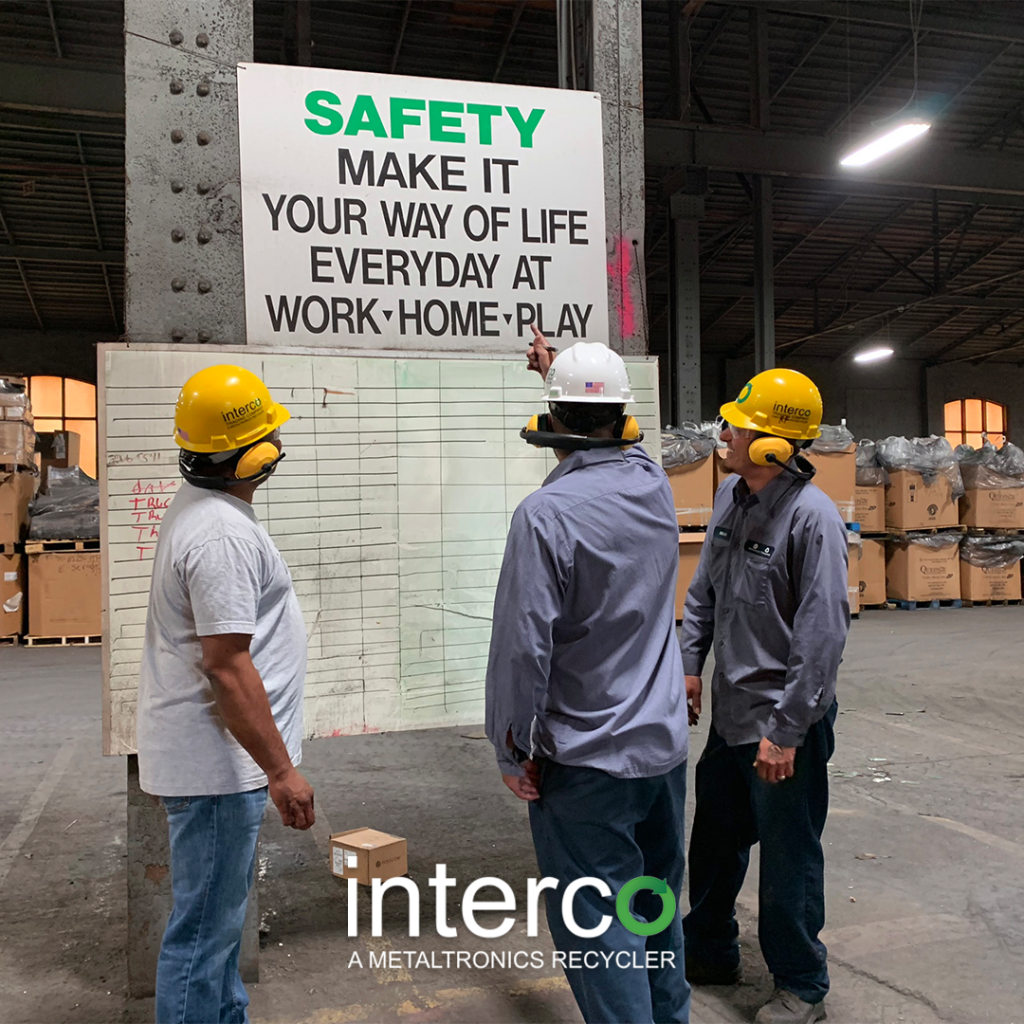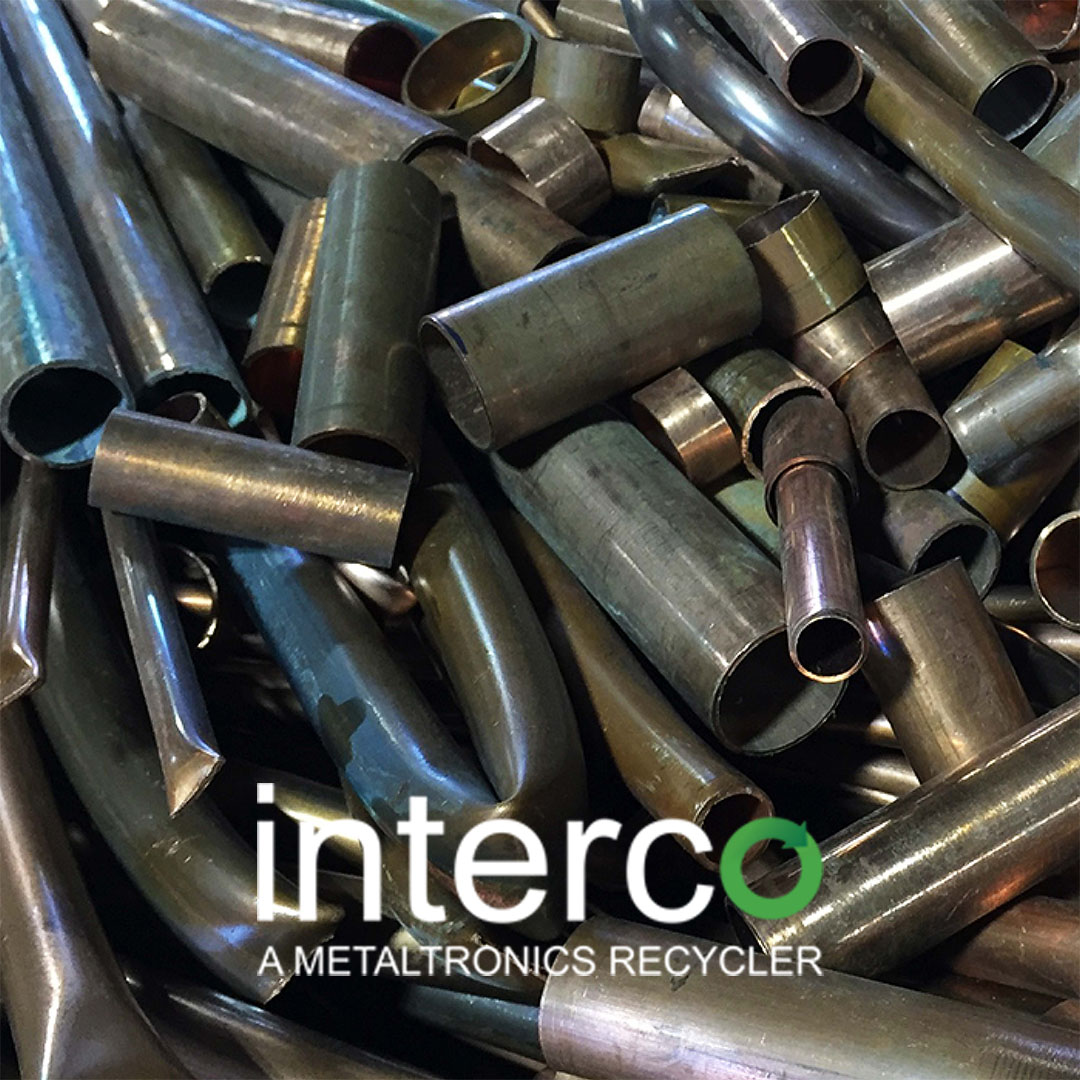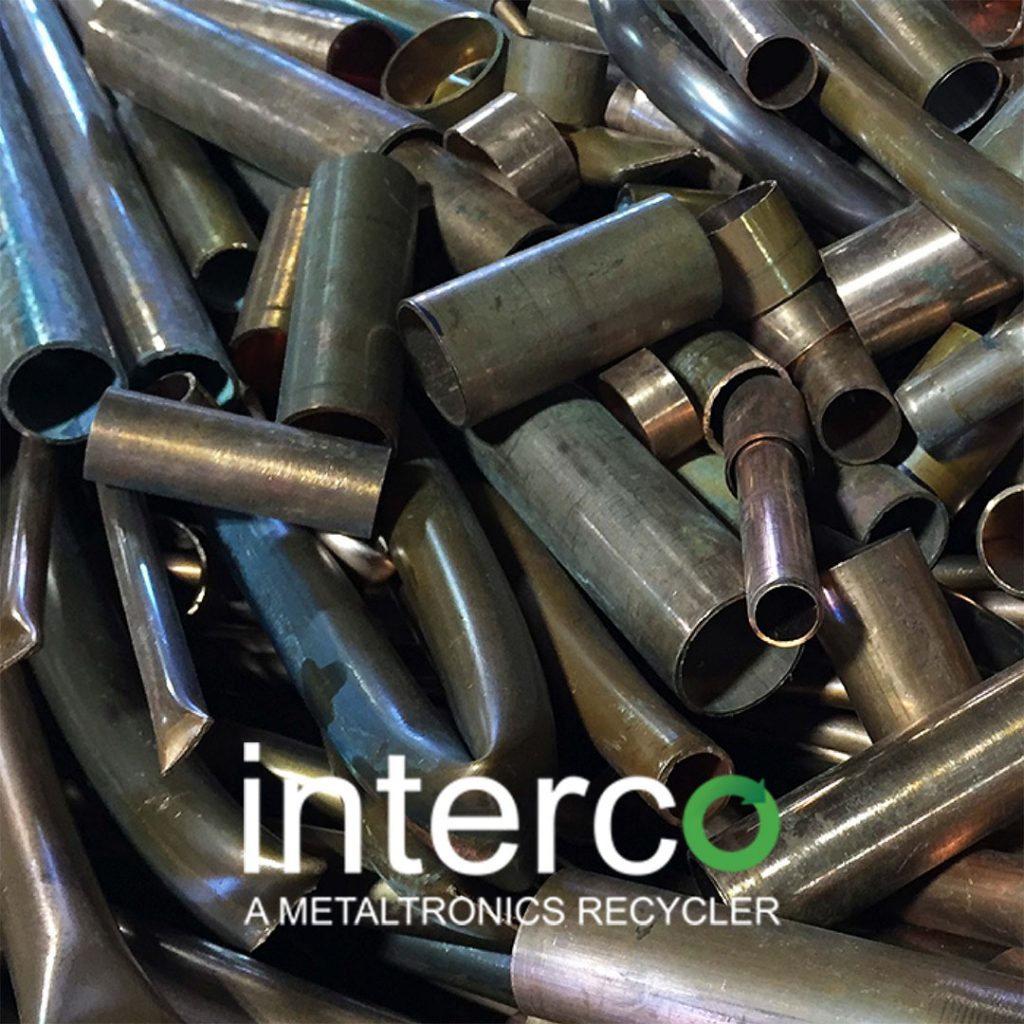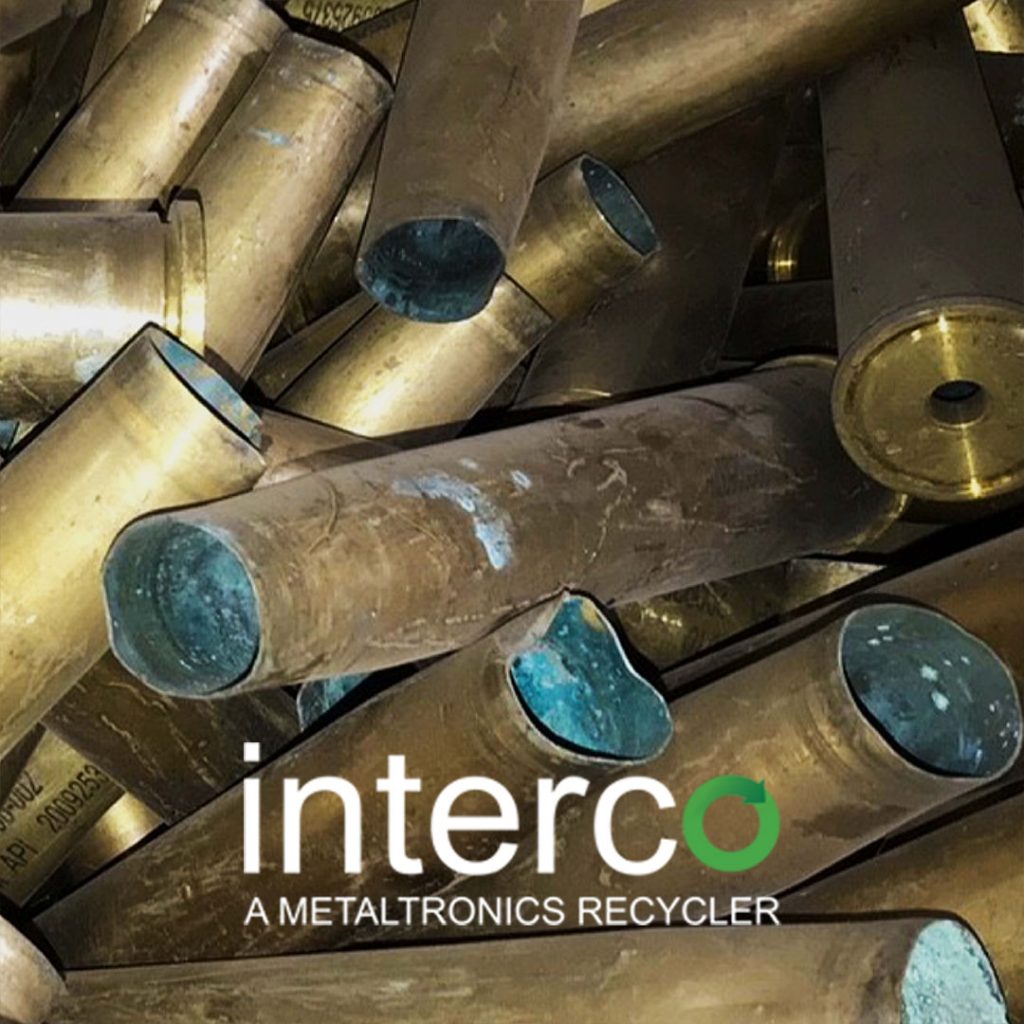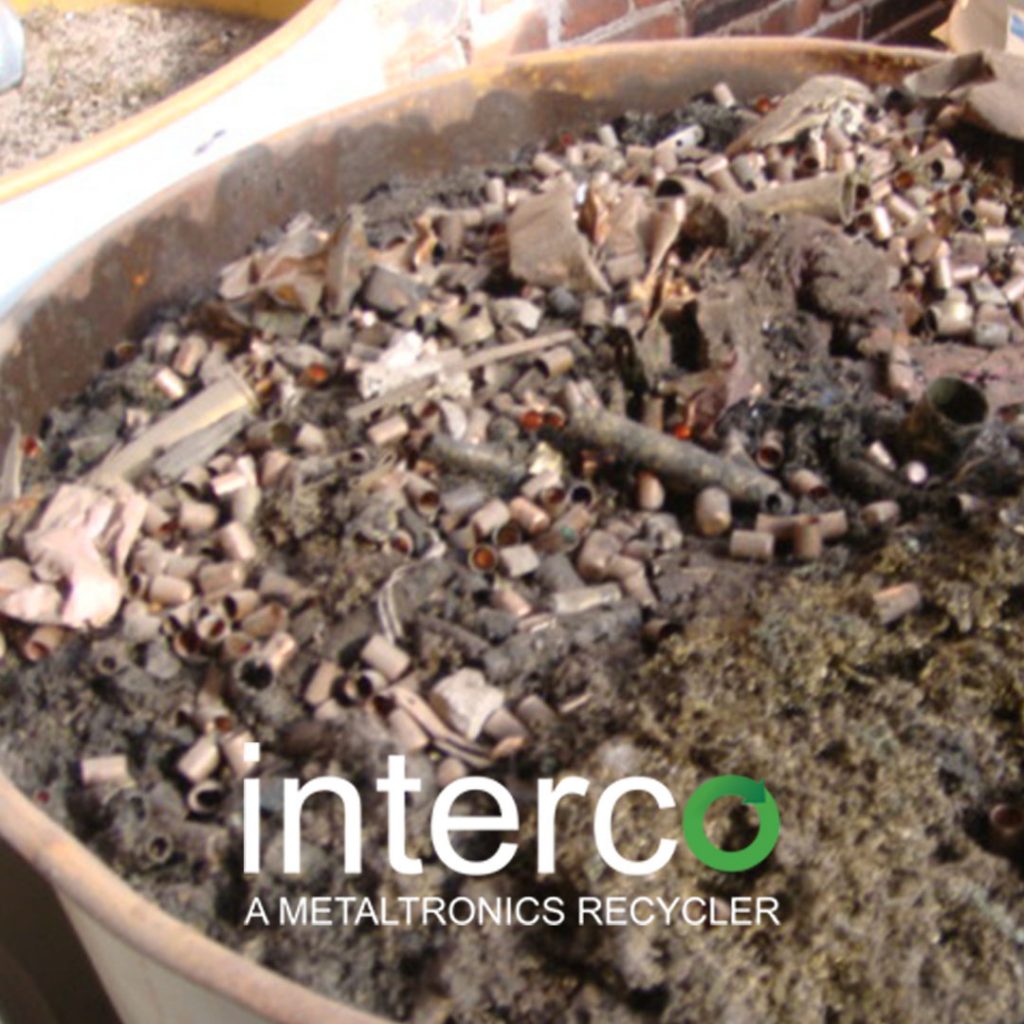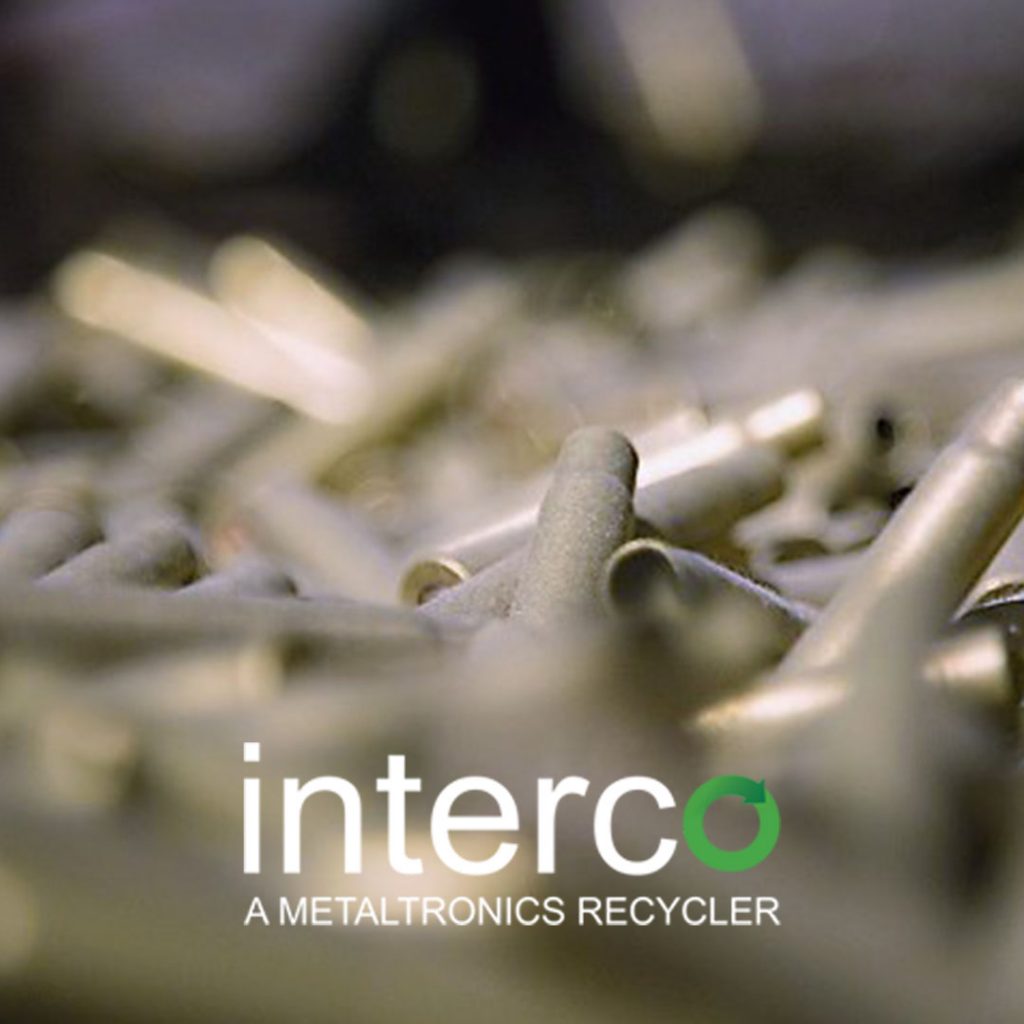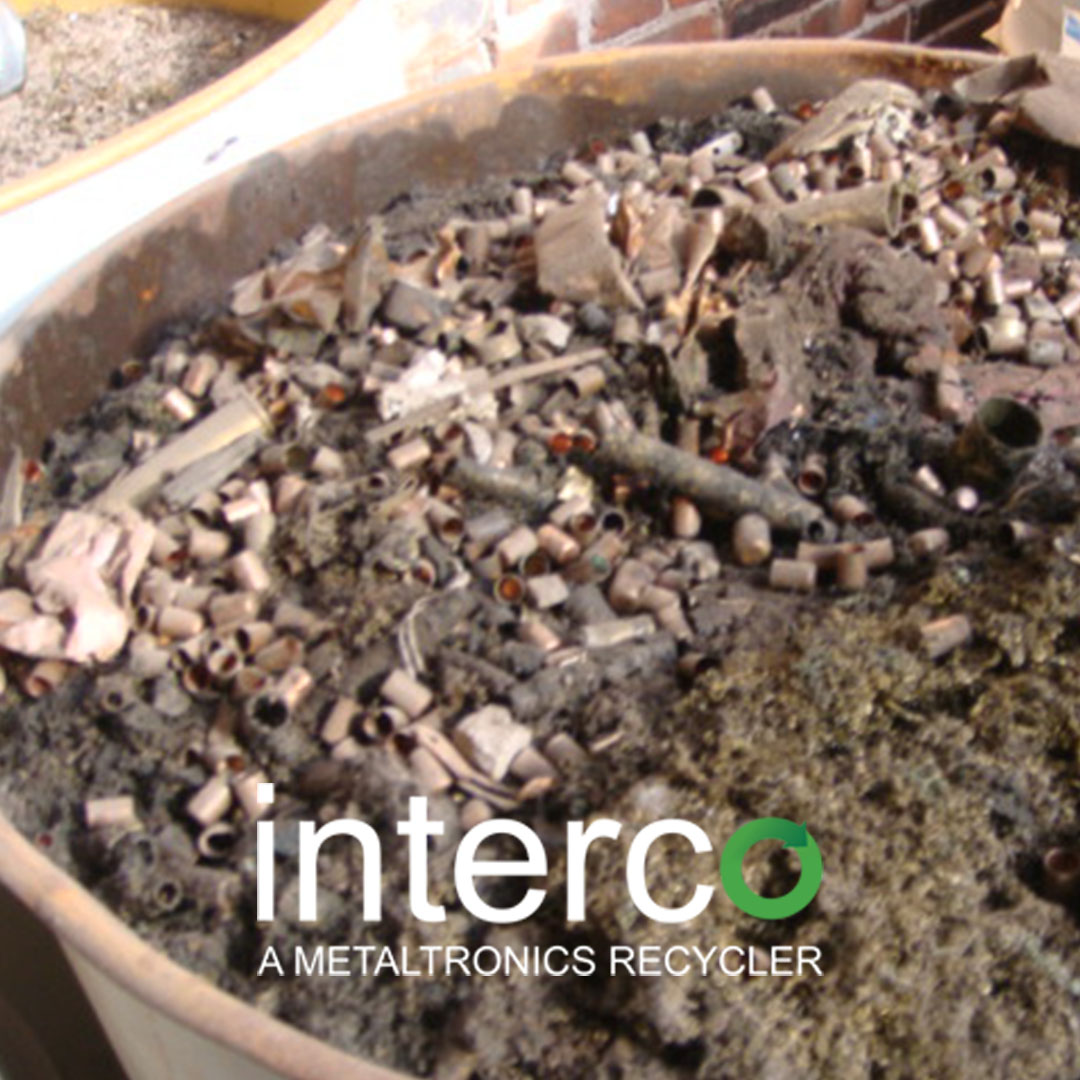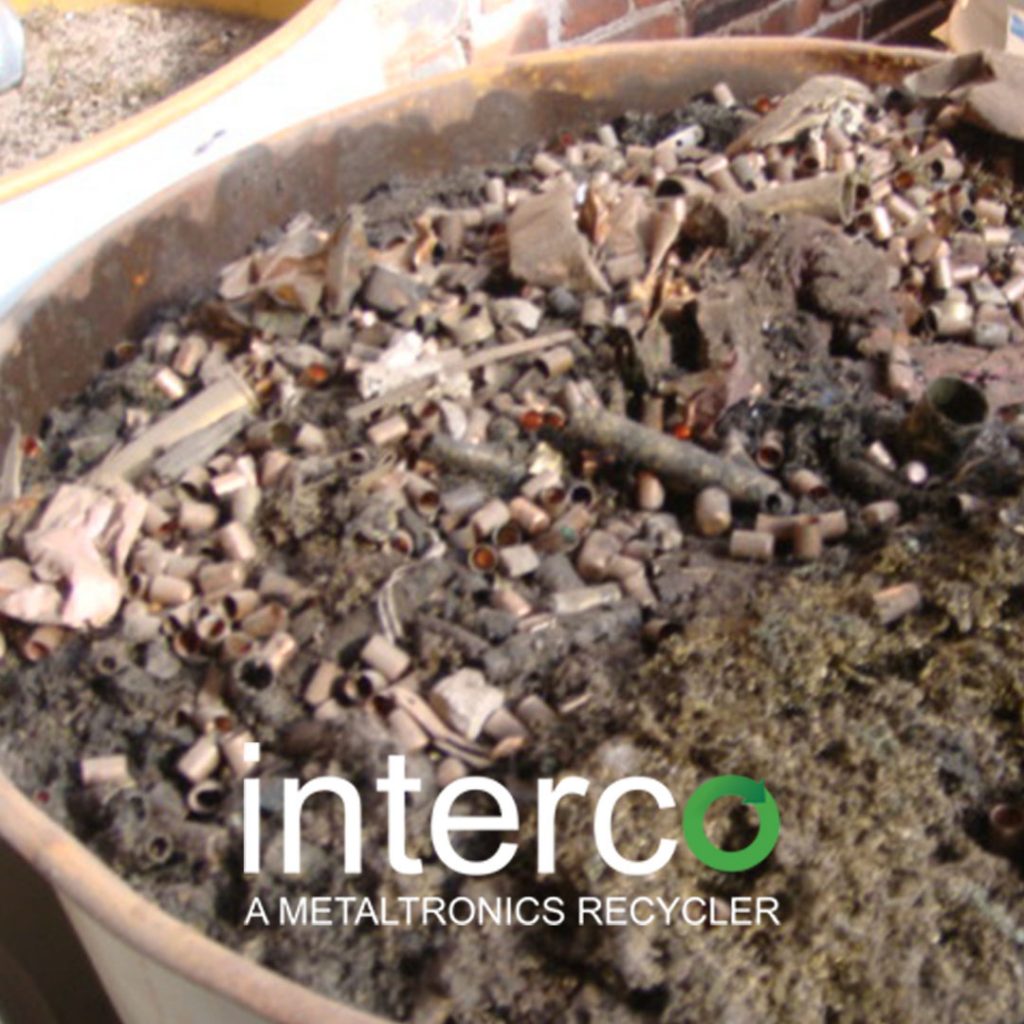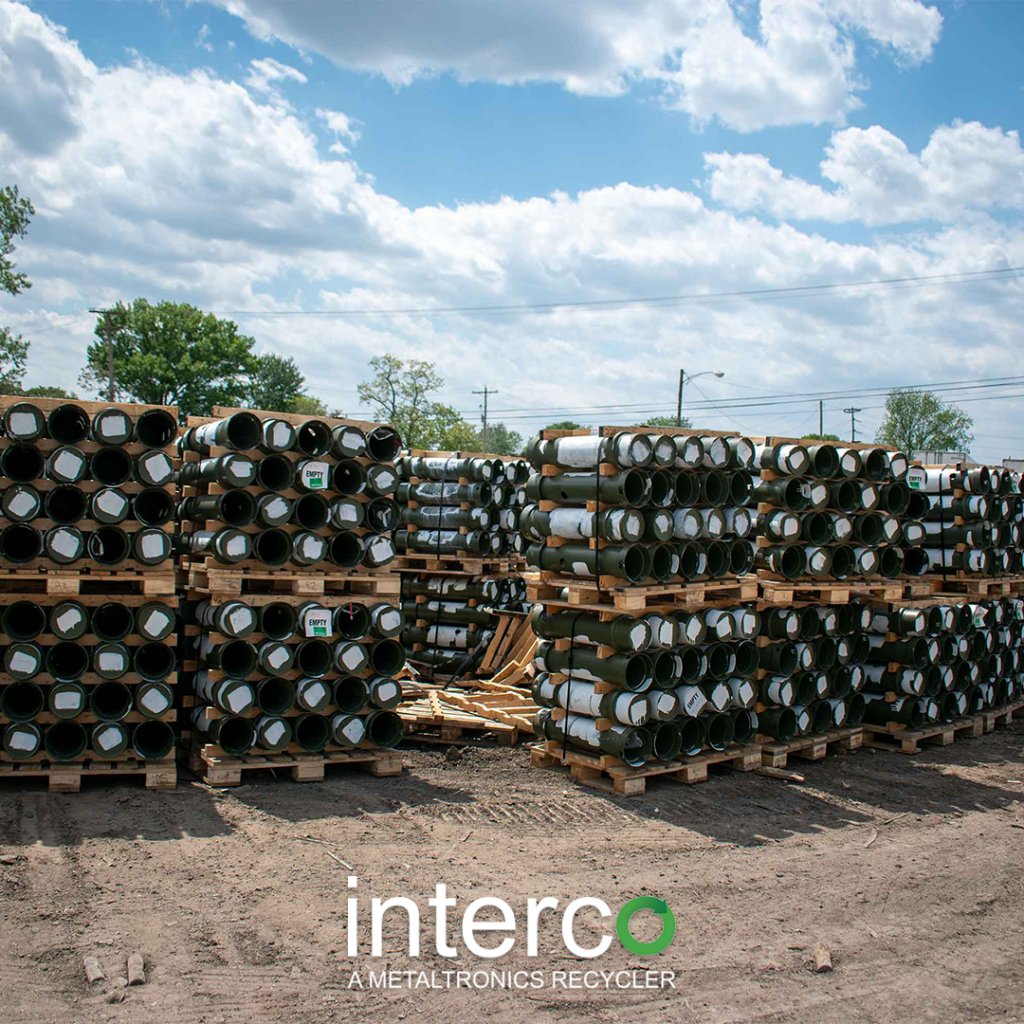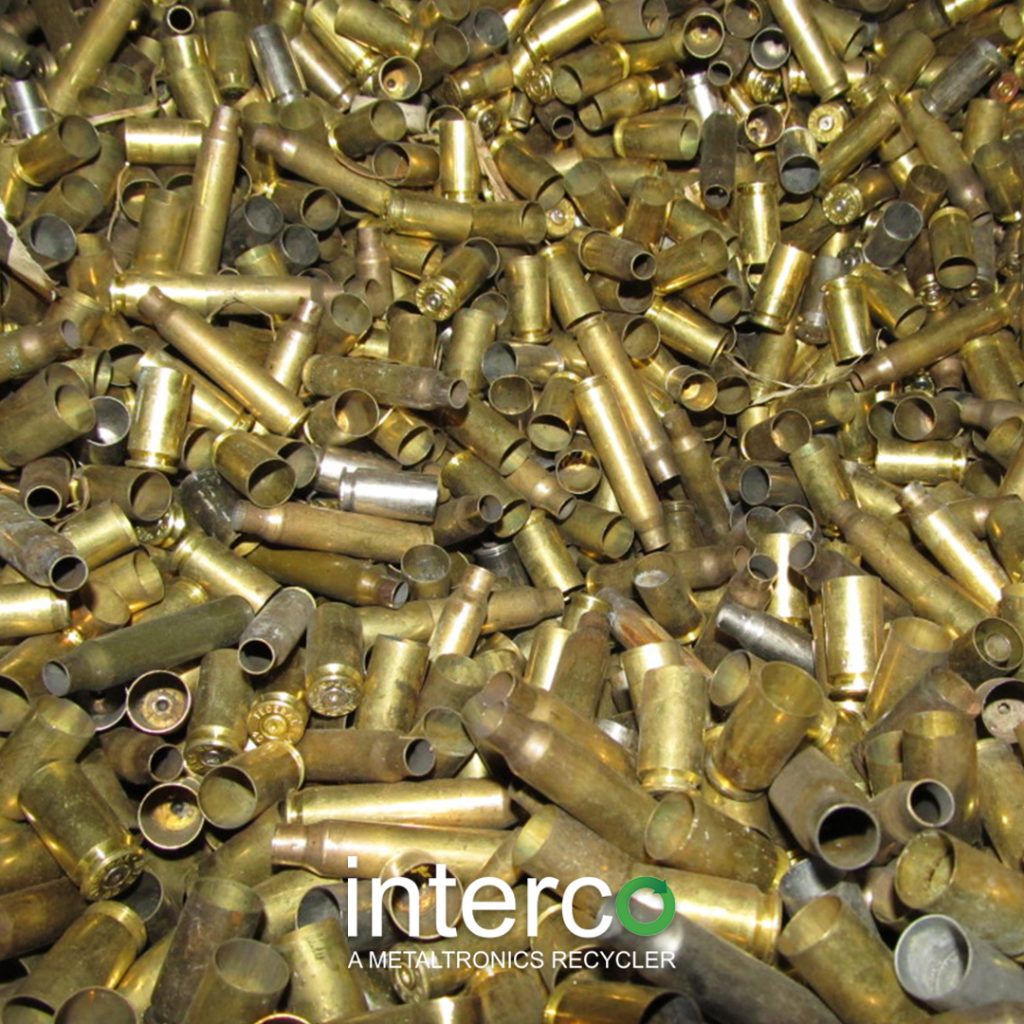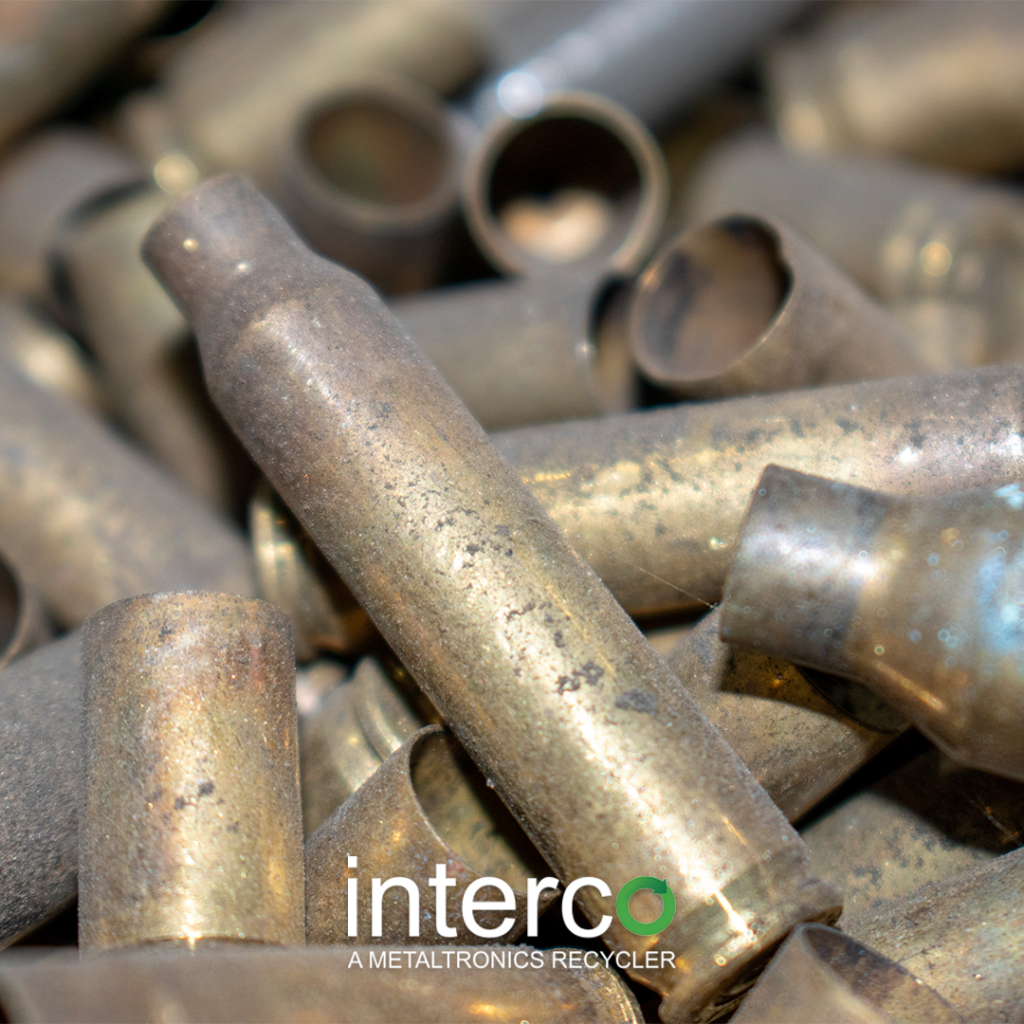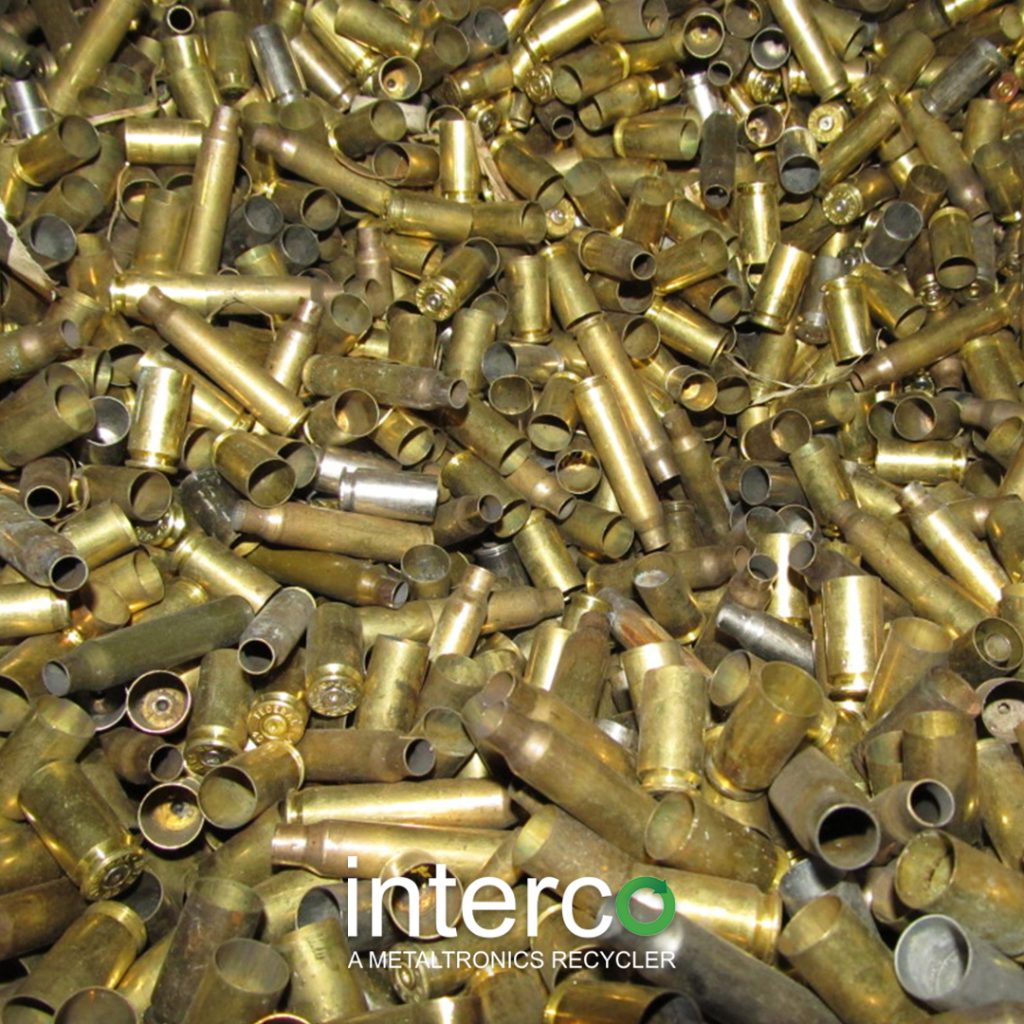
Scrap Brass Shells Recycling Company
Scrap brass shells are increasing for companies. This is because manufacturers are producing a large amount of them. These brass shells contain valuable materials, like zinc, copper, and brass. They produce the brass shells using brass, aluminum, or steel. Sometimes they are made using chrome, nickel, silver, or even gold. In fact, this makes recycling the most profitable way to get rid of old ammo. After you have gathered all your brass shells, it is important to consider working with a scrap brass shells recycling company.
You can scrap all kinds of brass, but if it is clean, then it will have a higher value. In fact, the brass casing is fully recyclable. Recycling brass shells can earn a business extra money, regardless if it is a firing range, gun store, ammo manufacturer, or government entity.
What Not To Do With Your Old Ammo
There are a few things you should not do with your old ammo.
- You should not bury it. You can use the gunpowder for fertilizer, but the rest of the cartridge is not good for the environment. Burying ammo creates the potential of it leaking into the local water supply, which could cause harm to the human nervous system.
- You should not throw it away in the trash. This is not safe. When the compactor in a garage truck runs, the ammo could fire and cause harm.
- Do not soak the bullet in water or oil. This does not guarantee that this will ruin the gun powder and it will not fire. It could still ignite.
The safest thing for a company to do is to work with a scrap brass shells recycling company, like Interco. This guarantees that the material will be reused, instead of ending up in a landfill. Interco guarantees the reuse of 90 percent of the material.
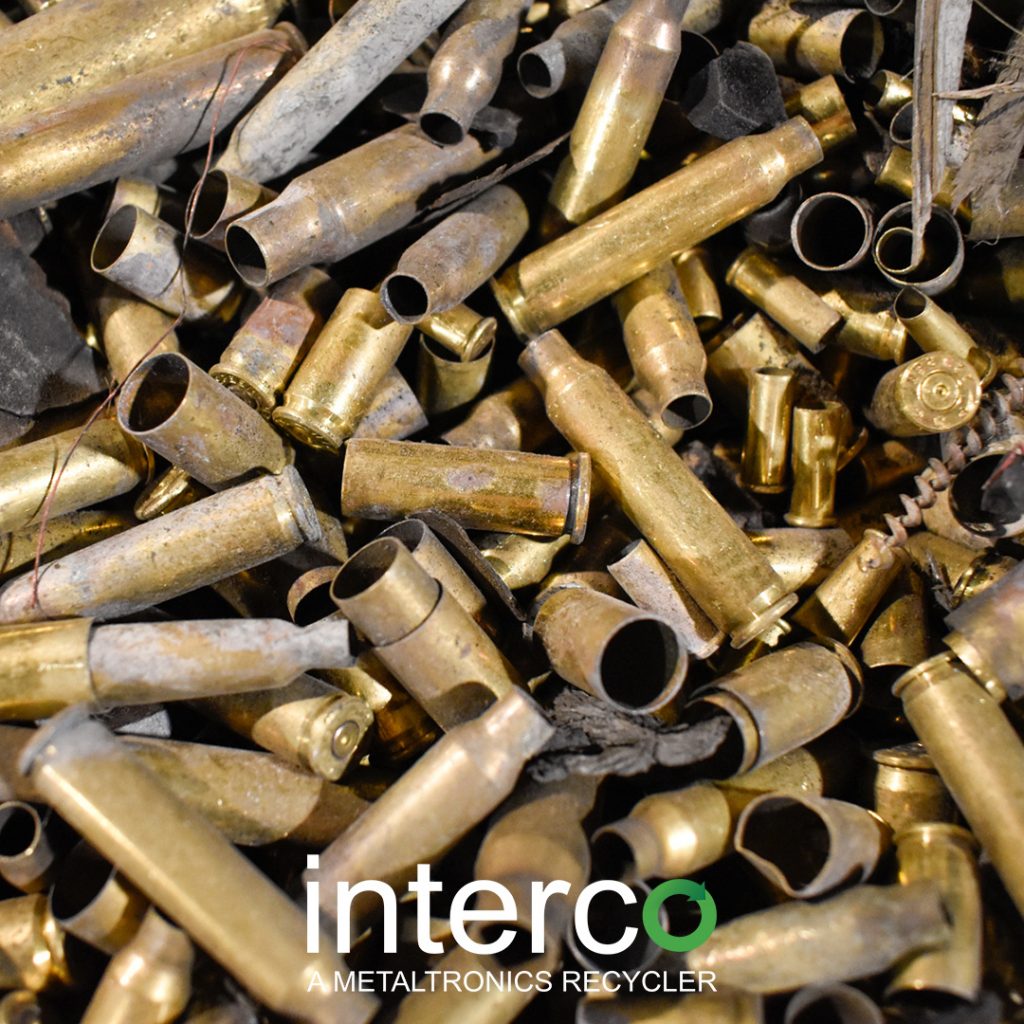
About Interco
Interco is a global recycling company providing metals, computers and electronics recycling services to industrial, dealer, and government organizations throughout the western hemisphere. The facility has a 145,000 sqft. processing plant committed to the processing of computers, electronics, and batteries with the remainder of the indoor facility used for the processing of nonferrous industrial metals.
The facility has five buildings — approximately 400,000 square feet total — on more than 35 acres. The company facility has more than 20 inbound and outbound docks for receiving and shipping nonferrous scrap material as well as a railroad rail spur to load rail cars.
The company is within proximity to four major interstates (I-44, I-55, I-64, and I-70) while centrally located just across the Mississippi River from St. Louis, Missouri in Madison, Illinois. The company offers a convenient delivery location as the facility is near four major interstates (I-44, I-55, I-64, and I-70) that intersect all of the Midwest and Central USA.
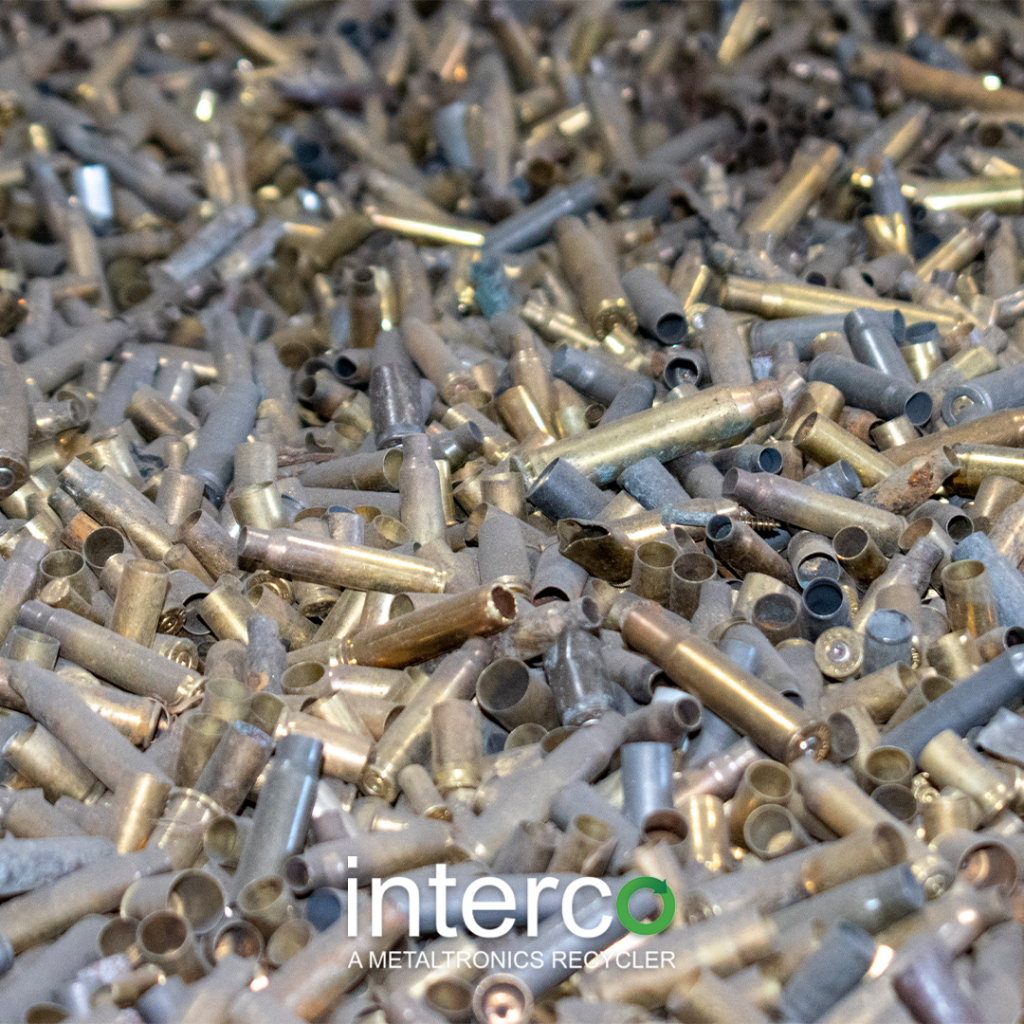
The Recycling Process
The process of recycling brass shells is easy with Interco. These are the steps to recycling brass shells:
- They sort the shells by material. Shell alloys are usually made from brass, aluminum or steel.
- After they sort the material, they remove the shell.
- They pop the shells in a high-temperature kiln. This forces any live rounds to explode.
- A quality control supervisor verifies the shells, after they are placed in a special bin to cool.
- Next, the shells are cleaned. Cleaners rinse the shells to remove as much lead and dirt as possible.
- Inspectors run clean-and-popped shells through a shaker table. They verify that live rounds and they remove the other unwanted materials.
- Next, a hammer mill or shredder takes the shells and deforms them into smaller pieces. Then an aggregator machine takes these pieces and loads them for transportation.
- Finally, they take the shells to a brass mill. Then they mix, melt, and combine the shelled with metallic elements to achieve the specific blend. Then, they form the shells into rod or ingot.
Interco is a Scrap Brass Shells Recycling Company
Overall, brass shell scrap piles are building up for companies. They will need to work with a scrap brass shells recycling company to ensure the proper disposal of the ammo. Interco will work with you to satisfy any of your ammo recycling needs. In fact, Interco continues to lead the way in innovative industrial recycling solutions. To learn more about the services offered, click here.
